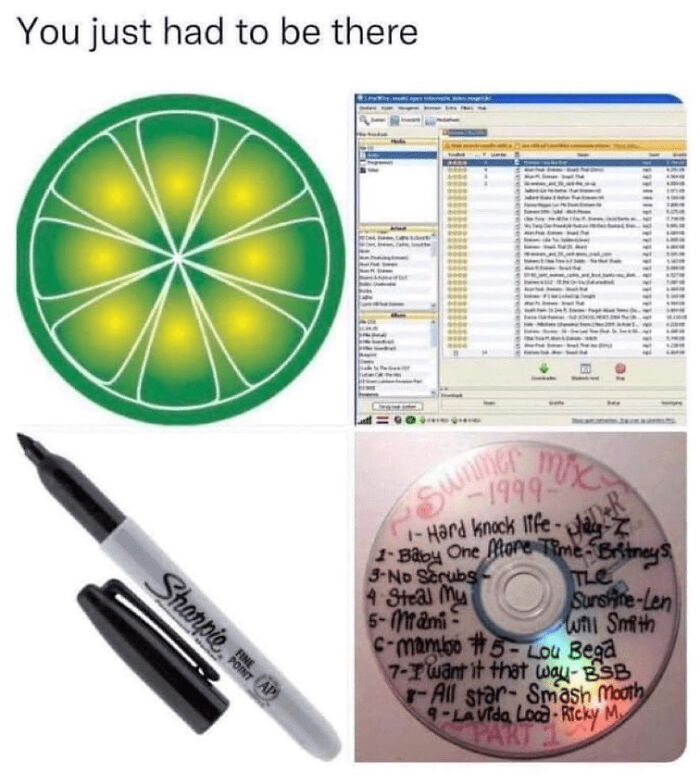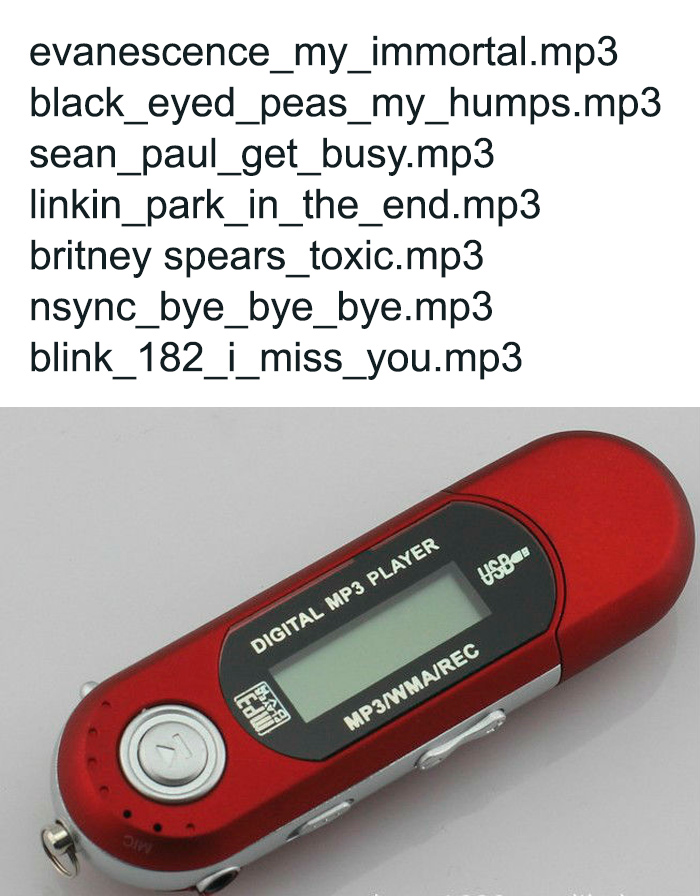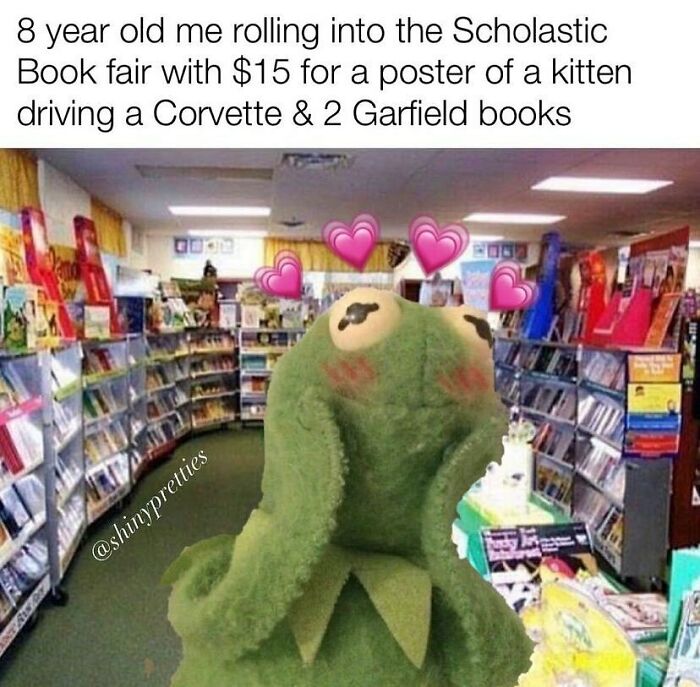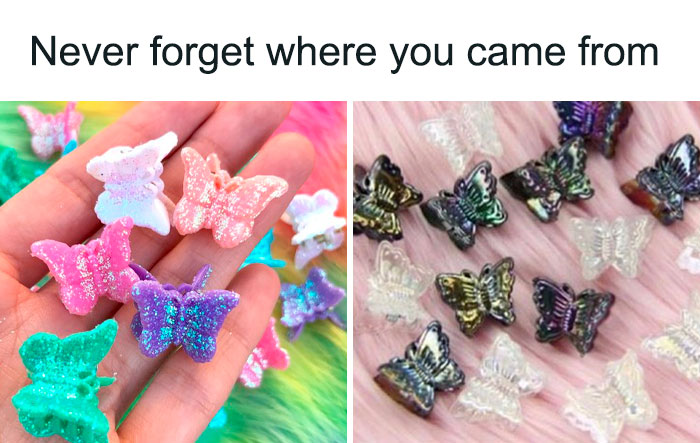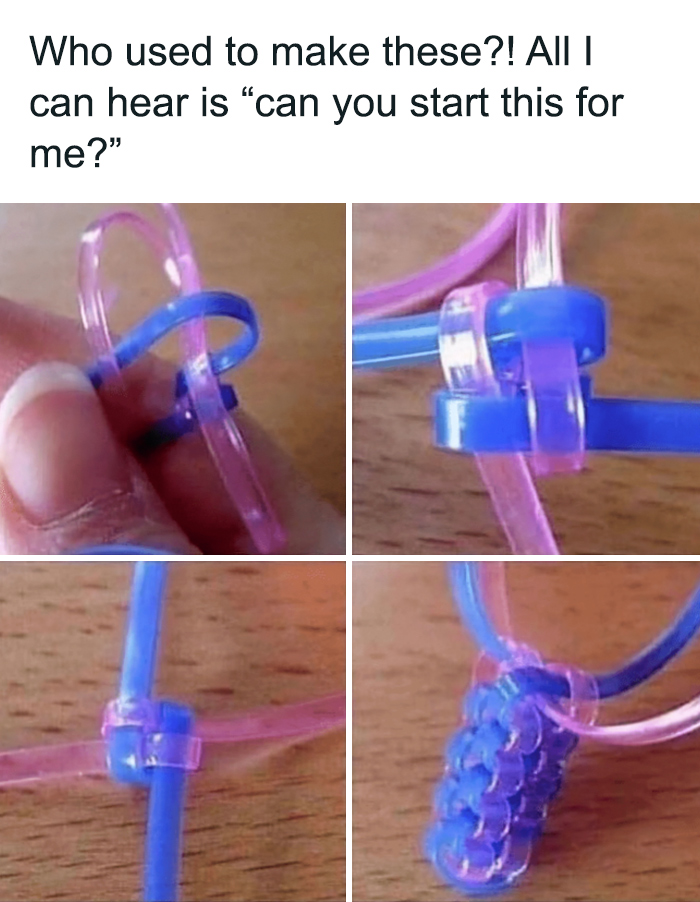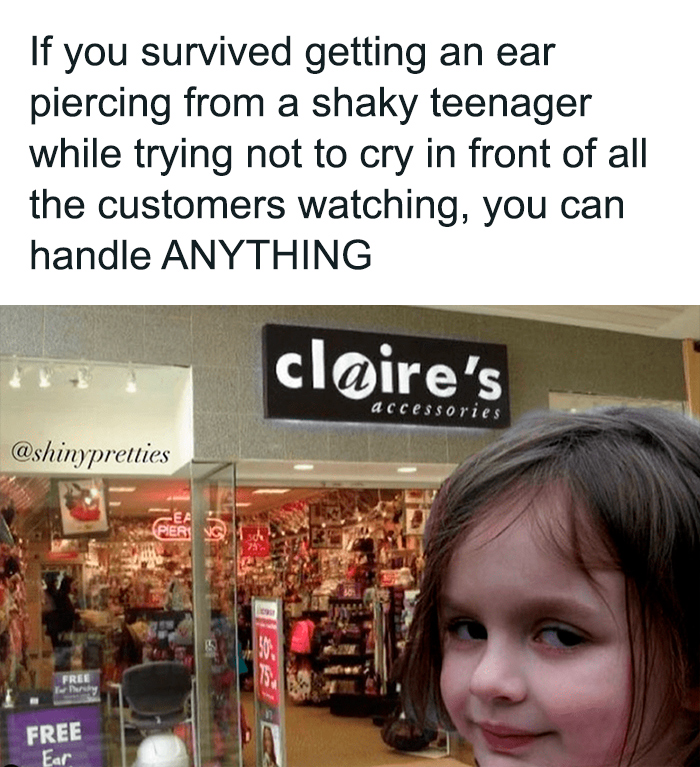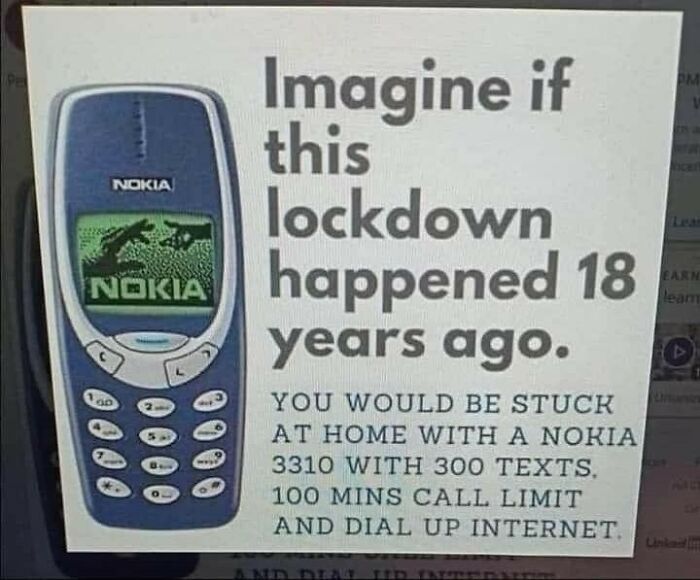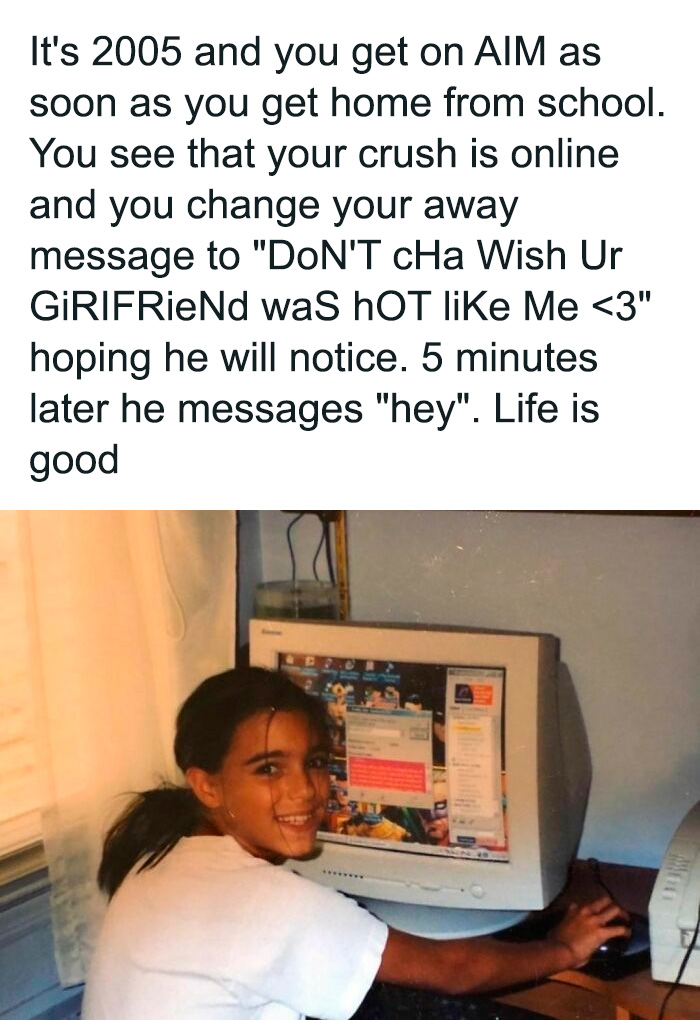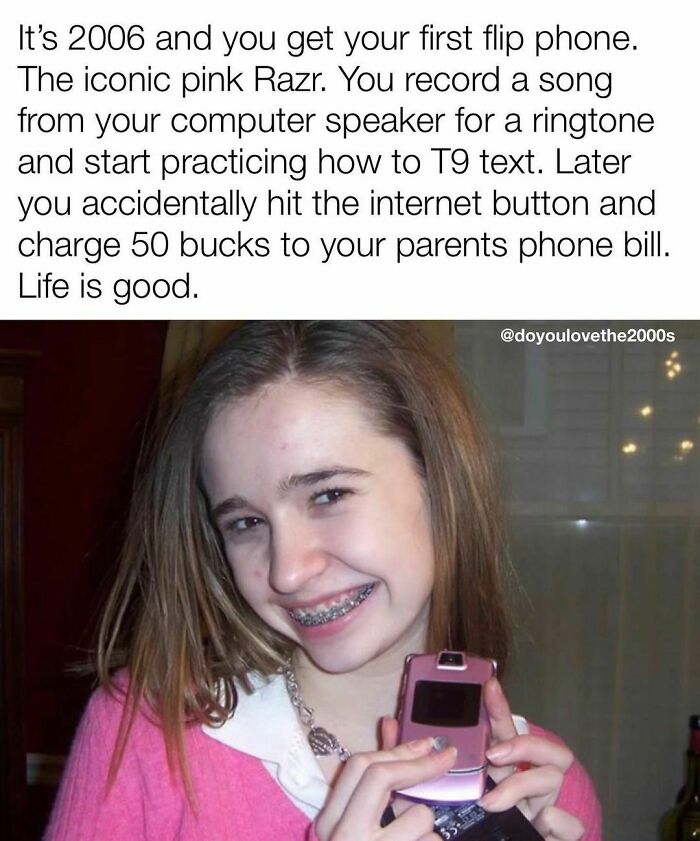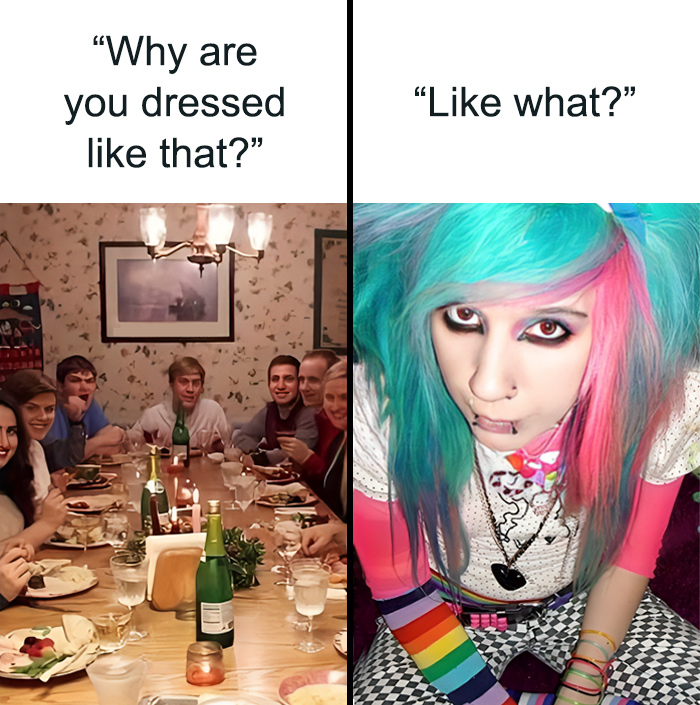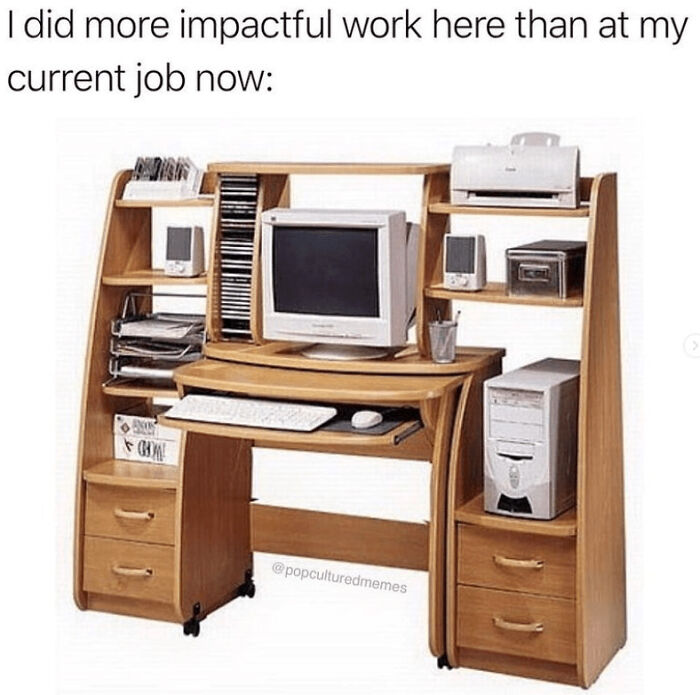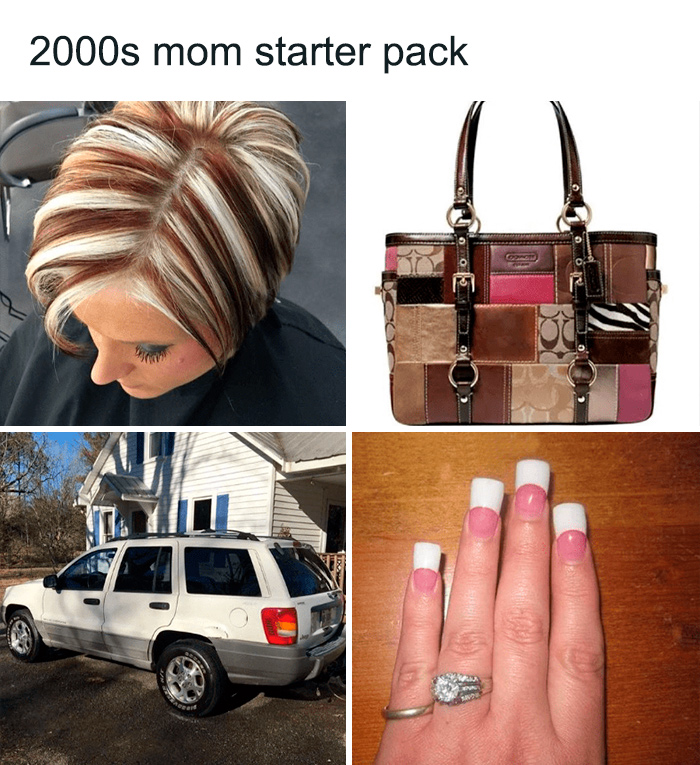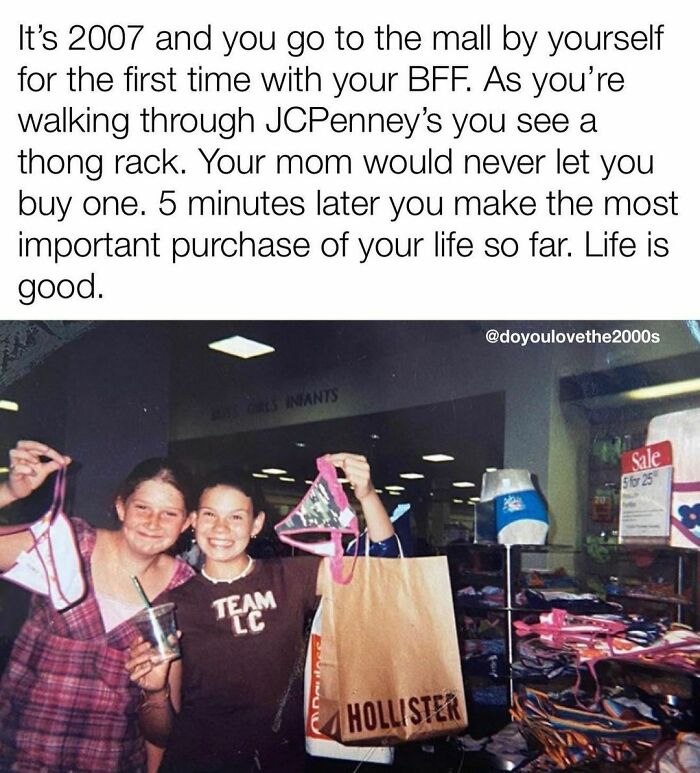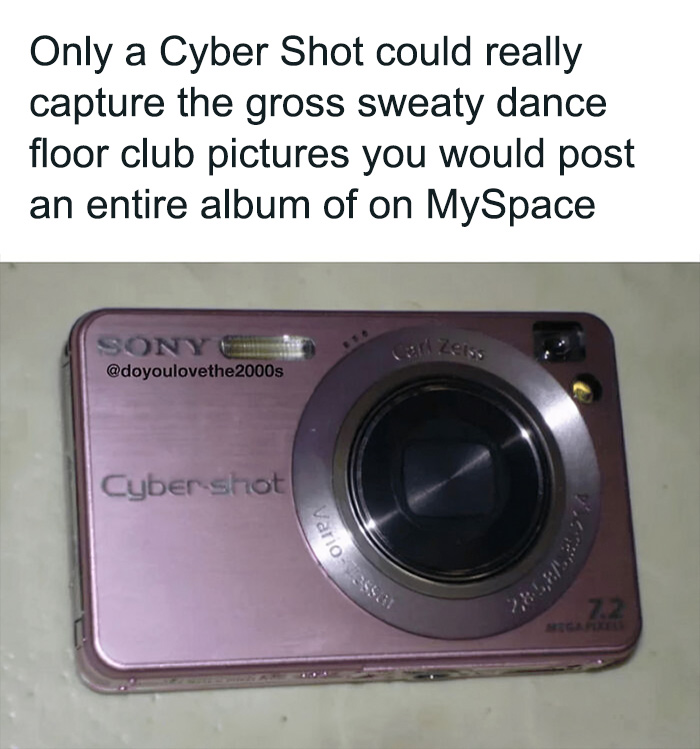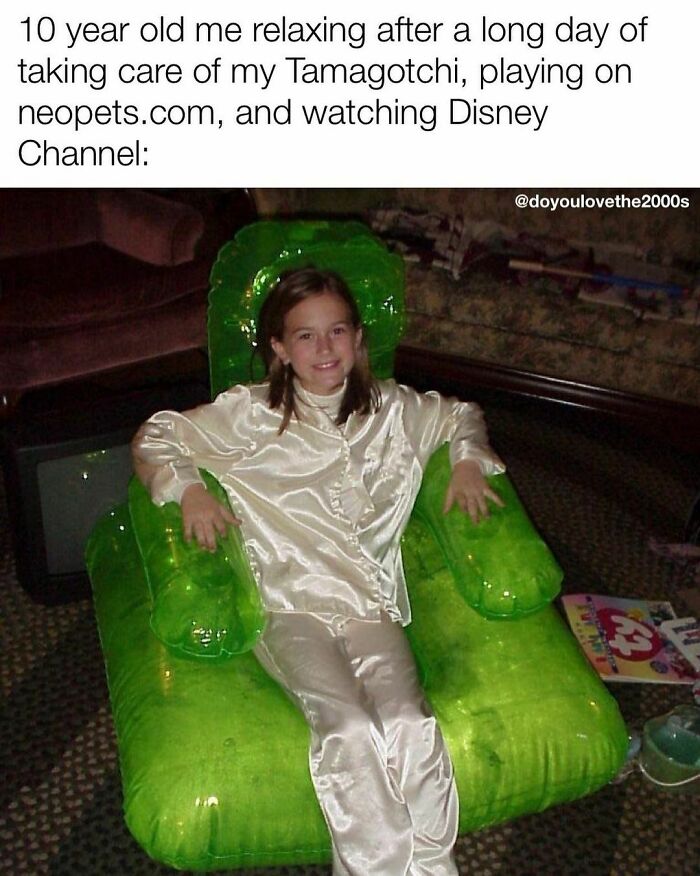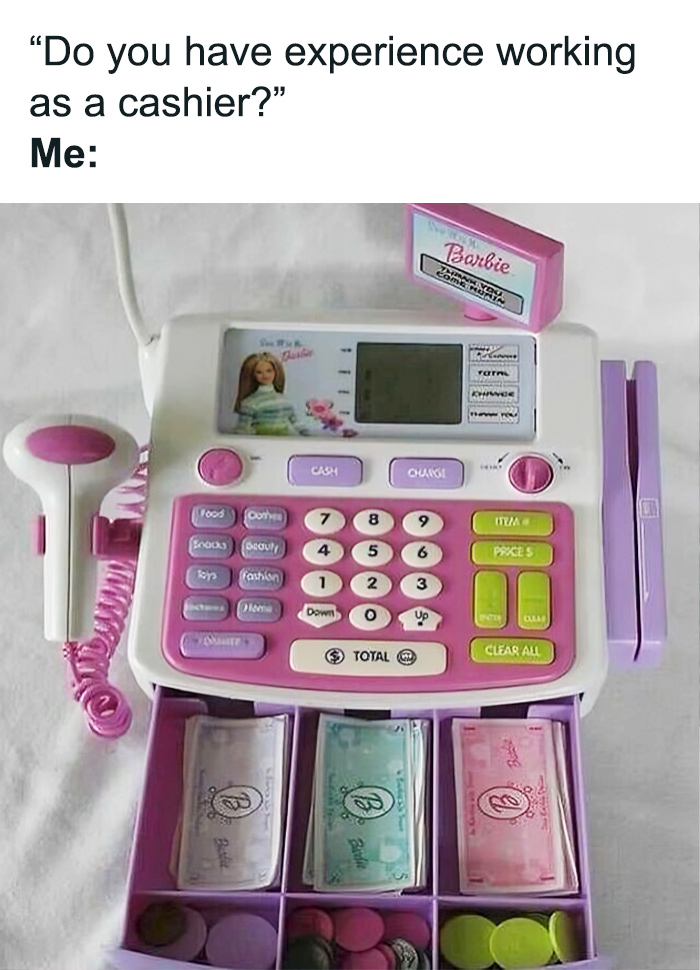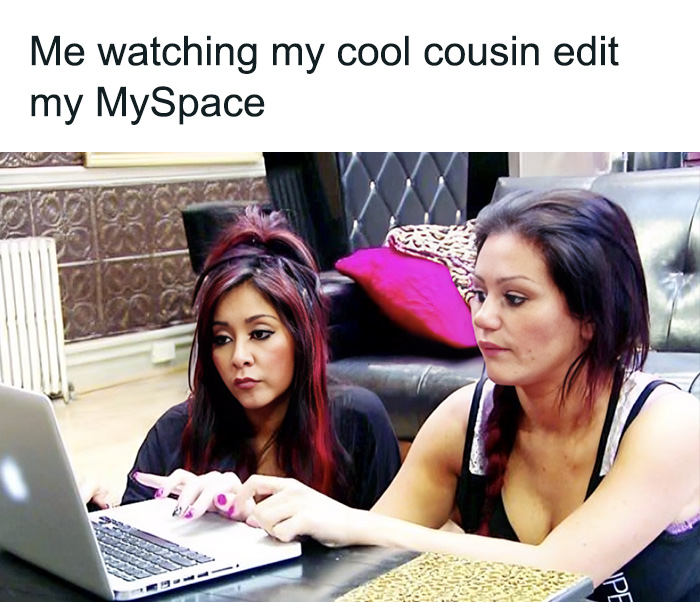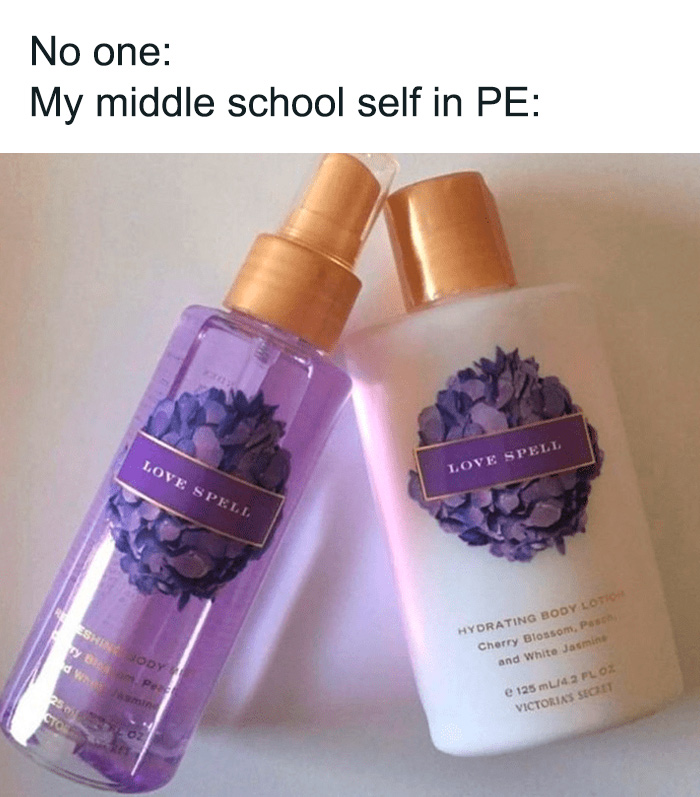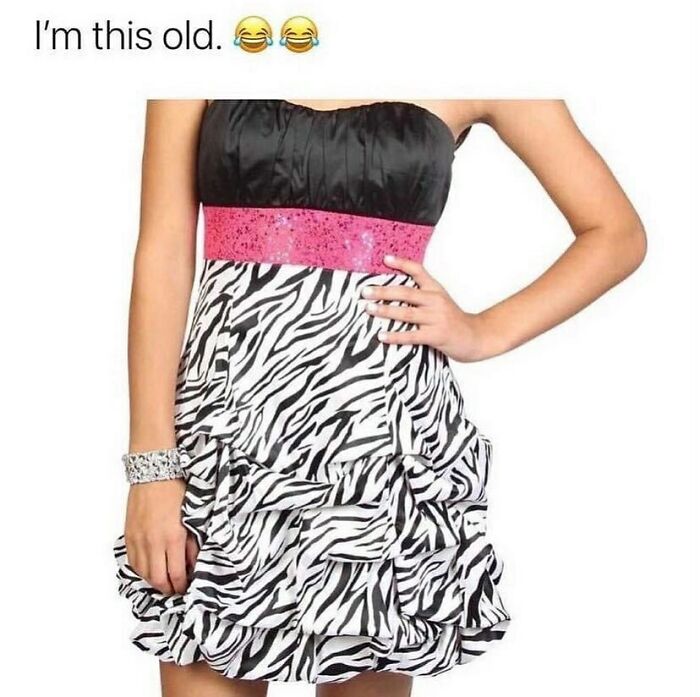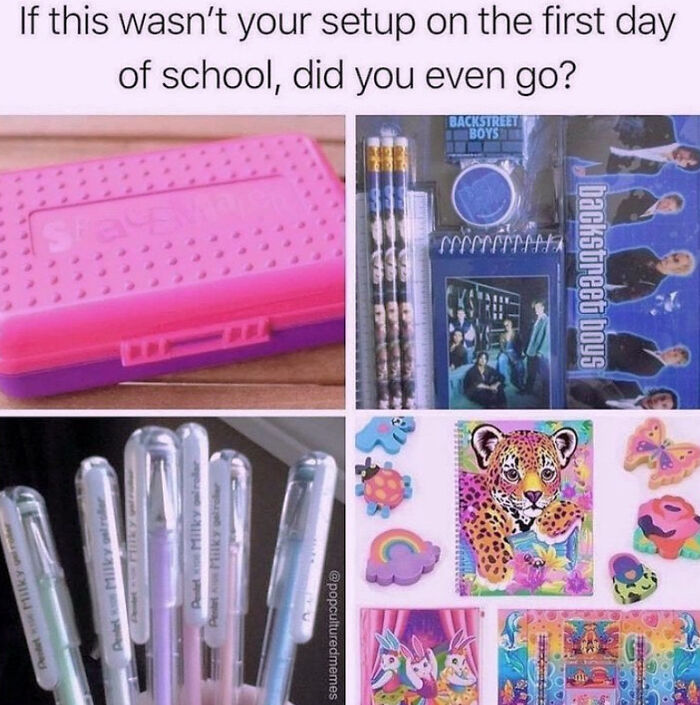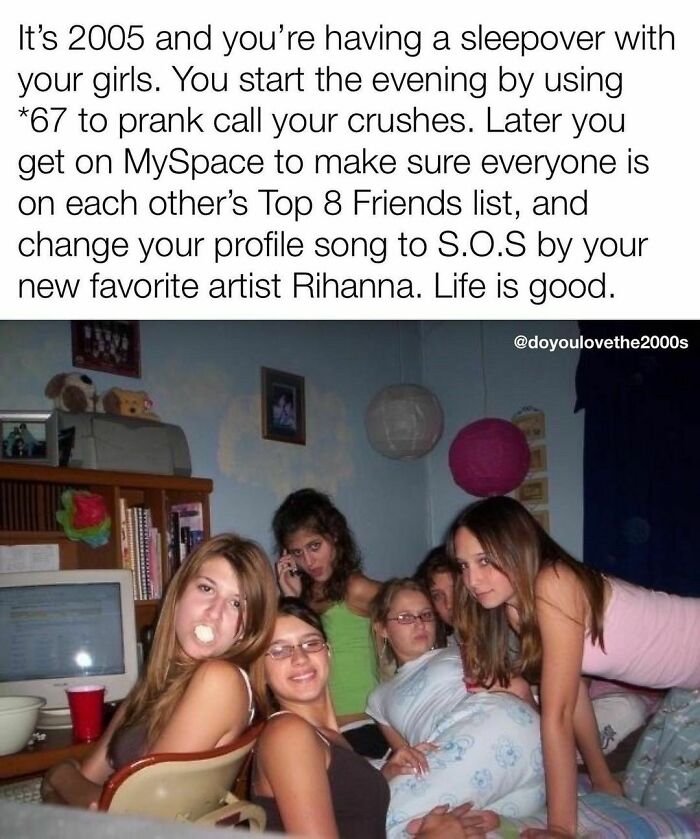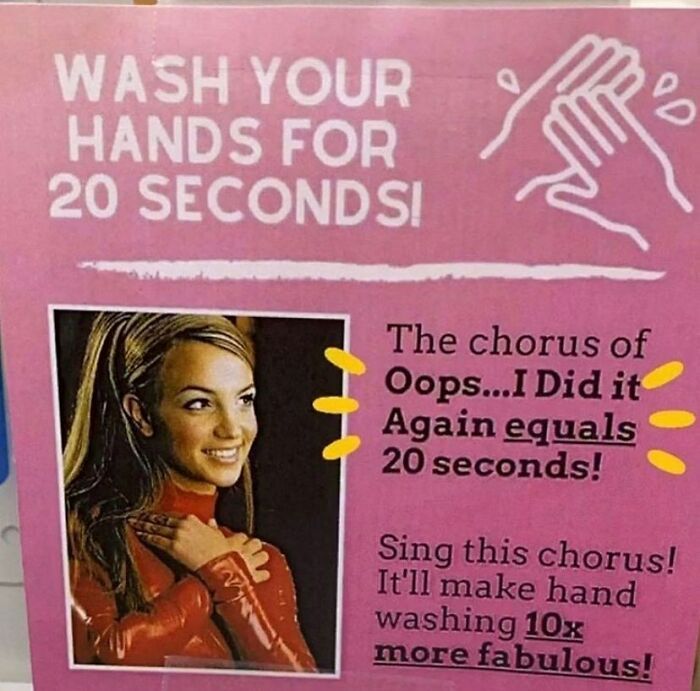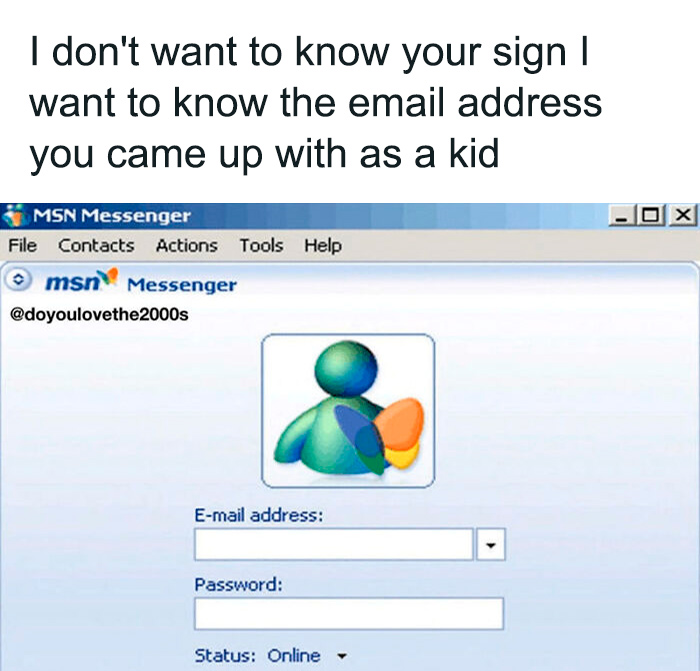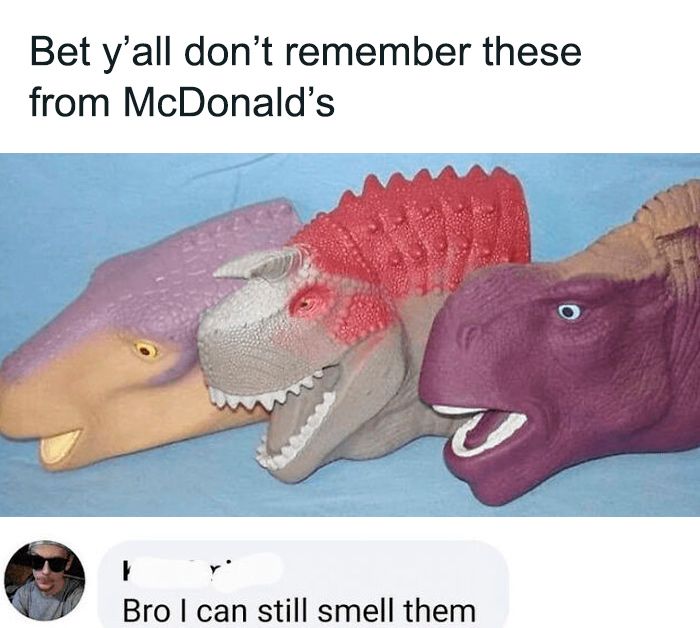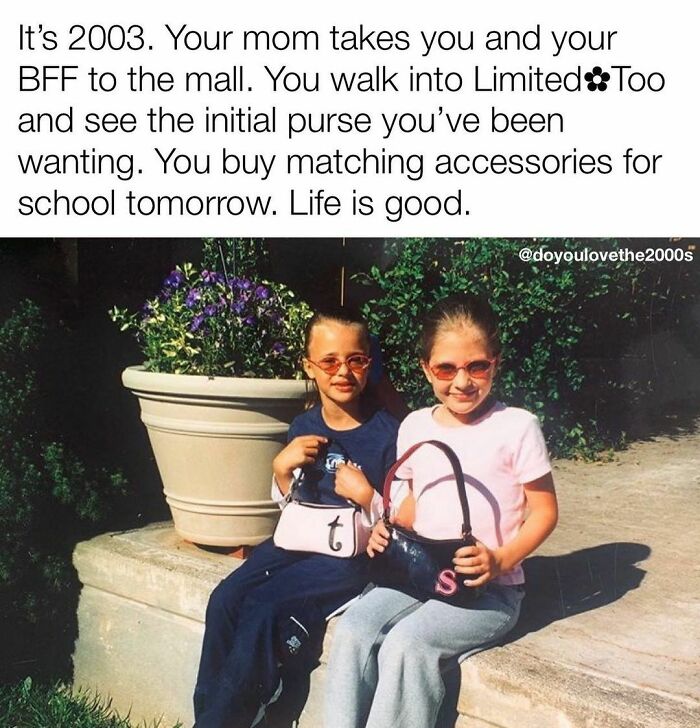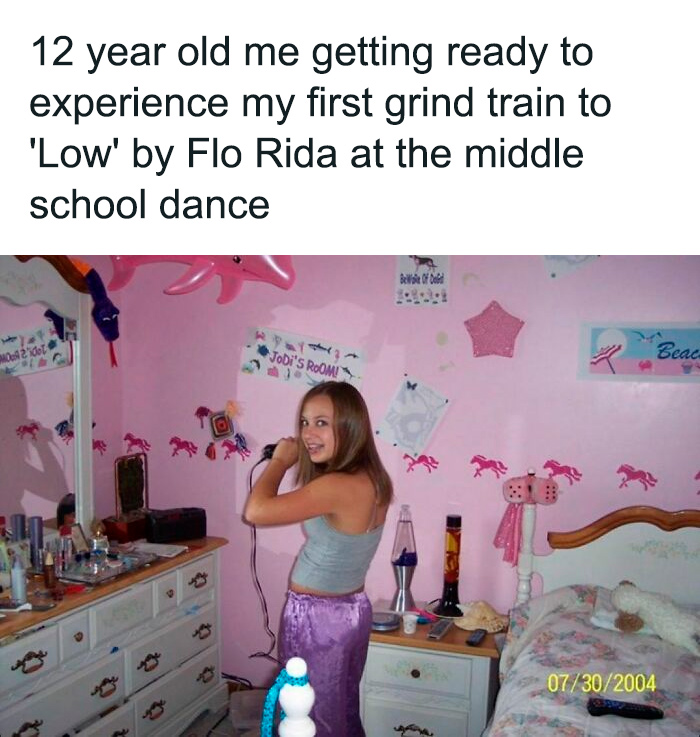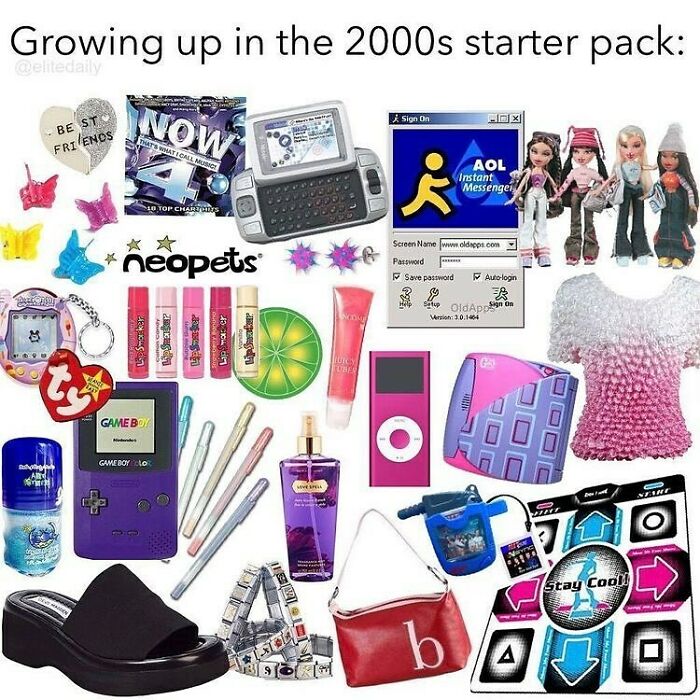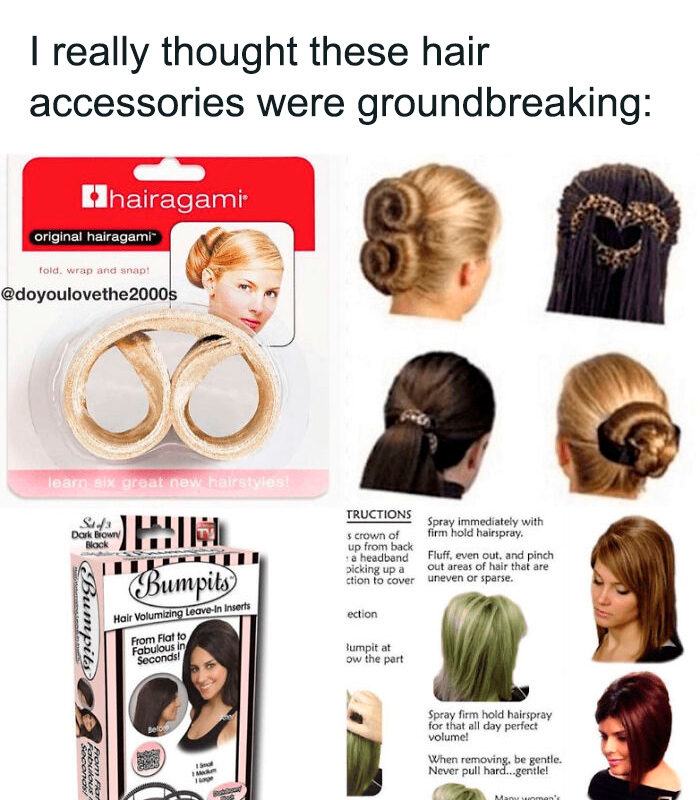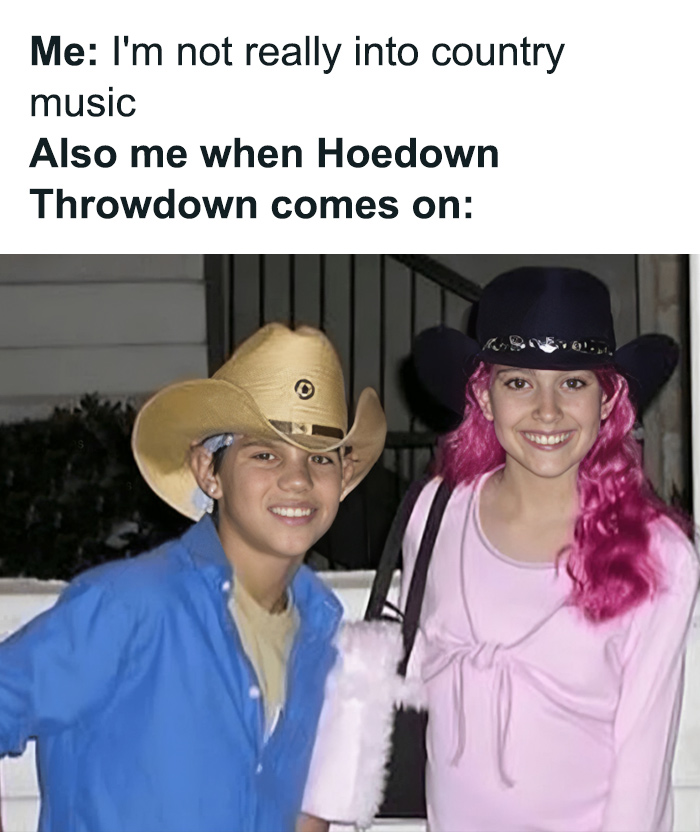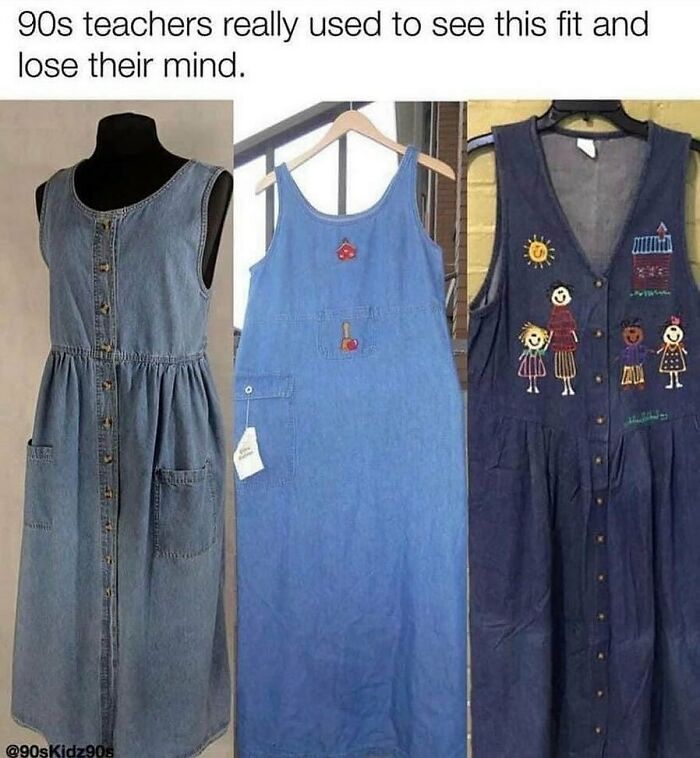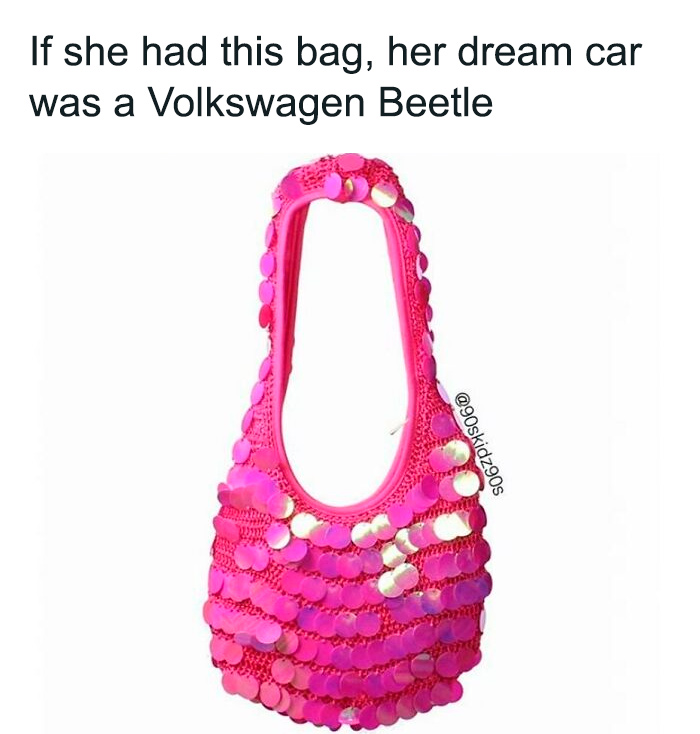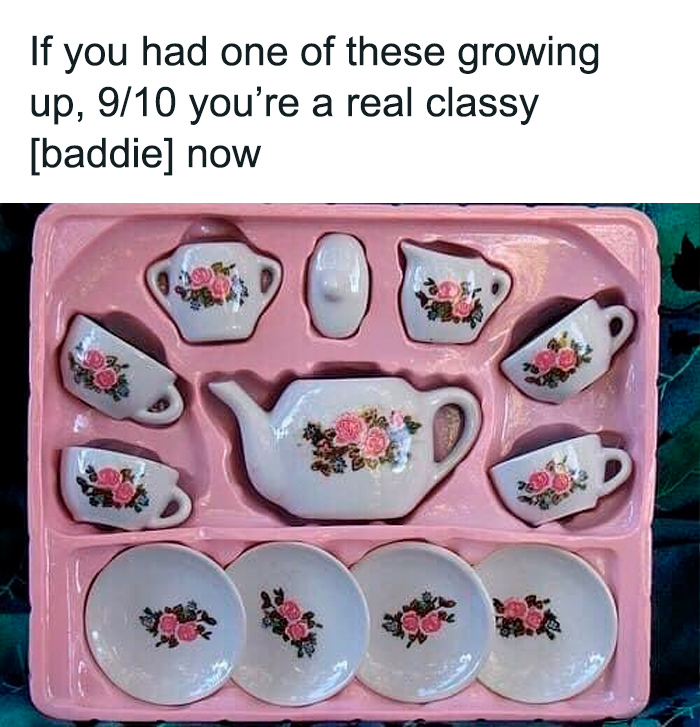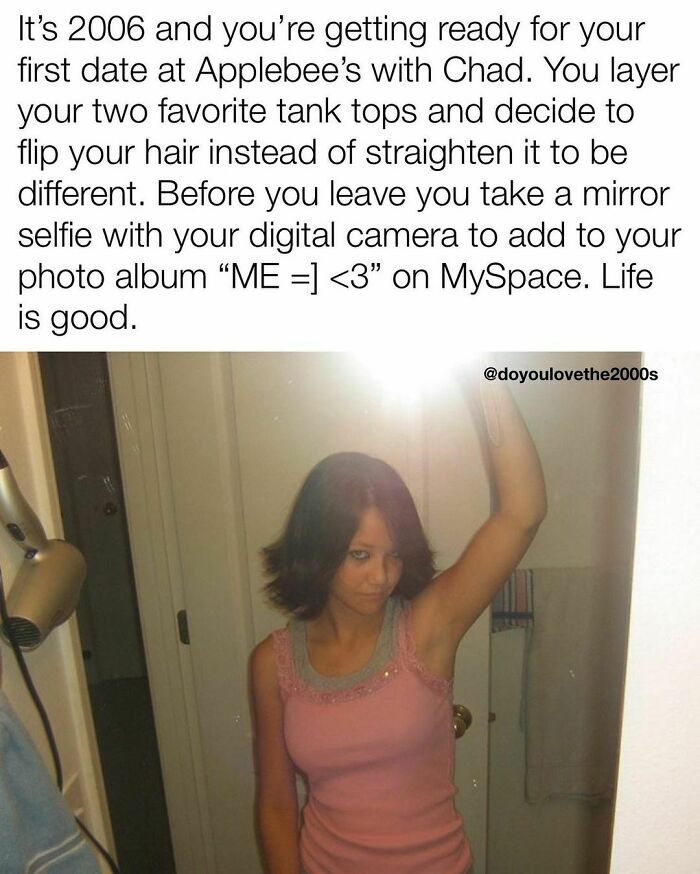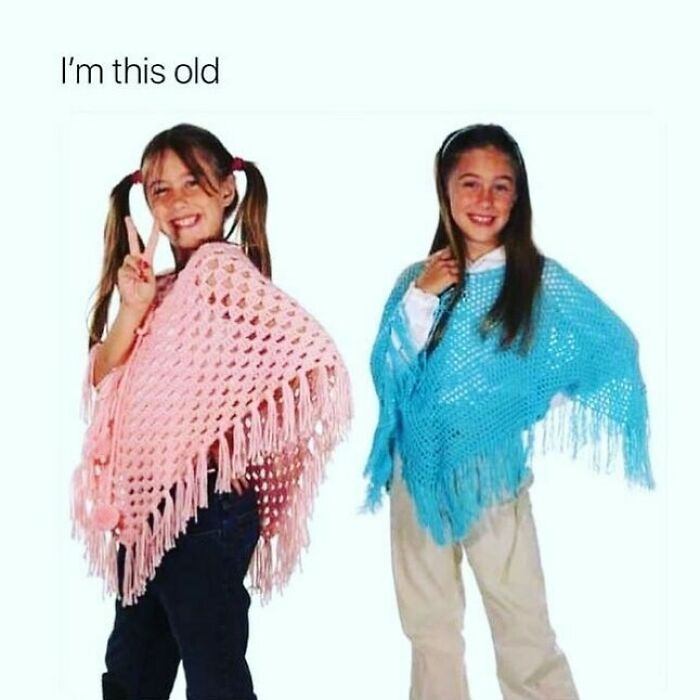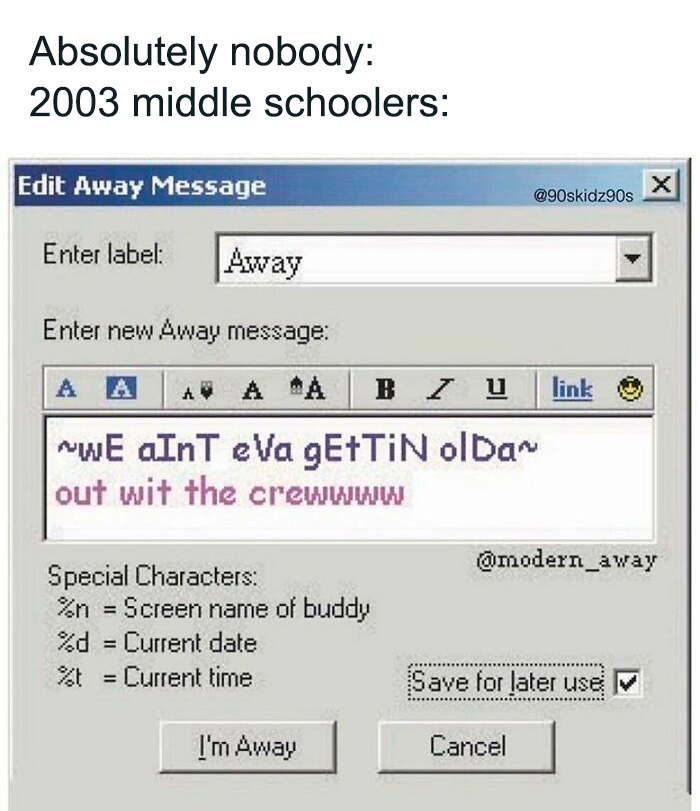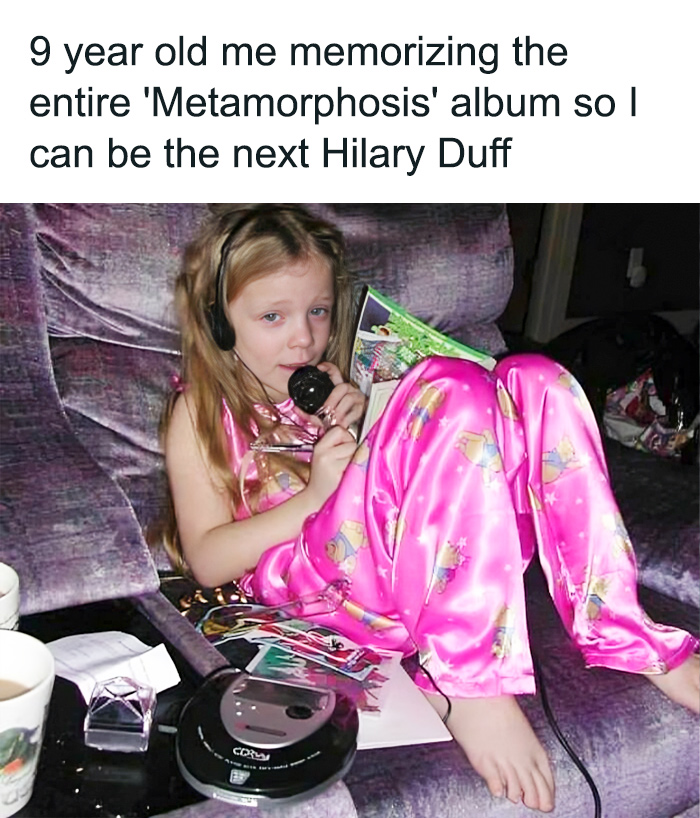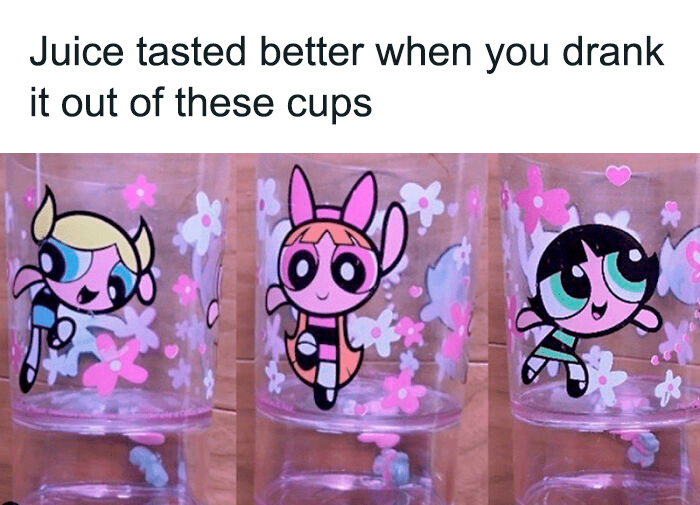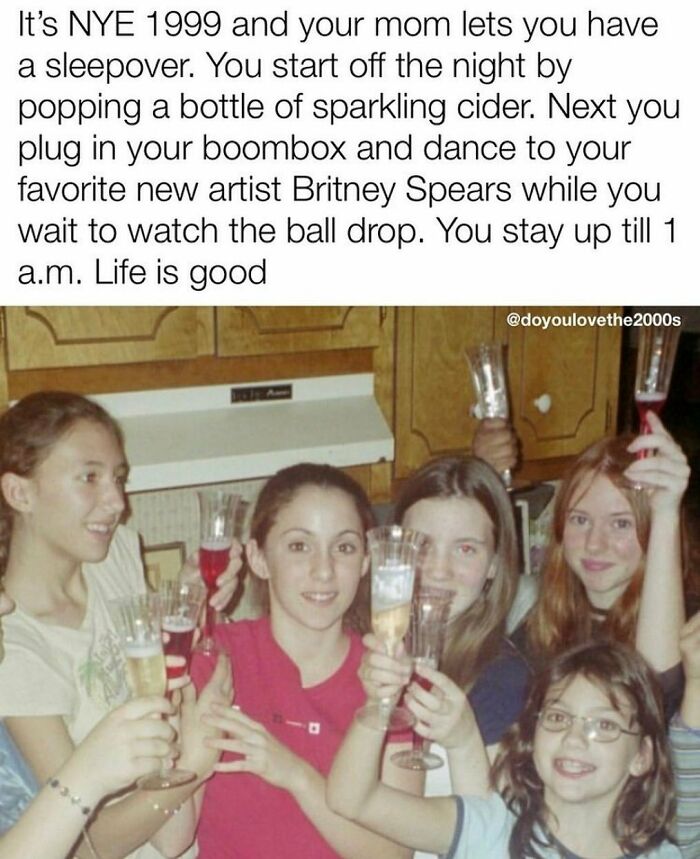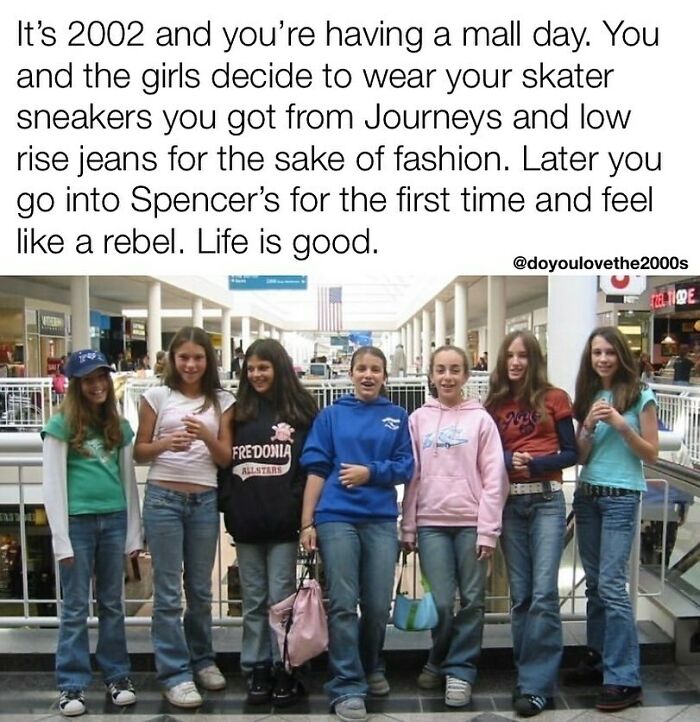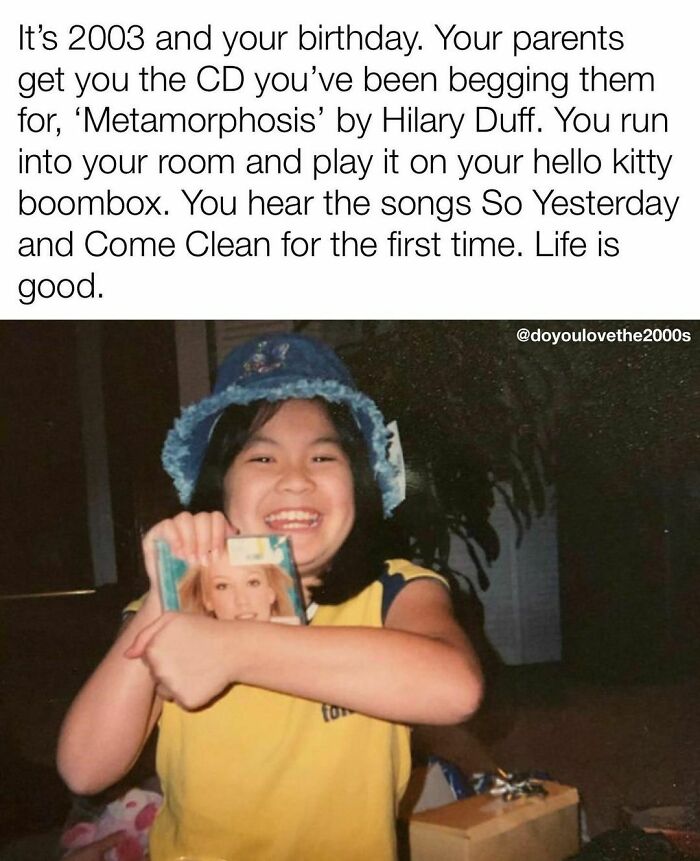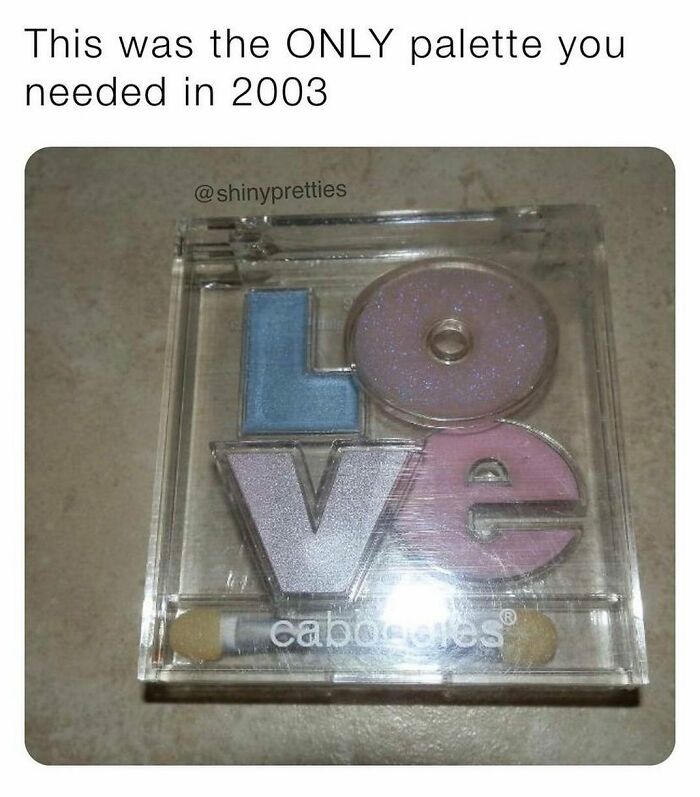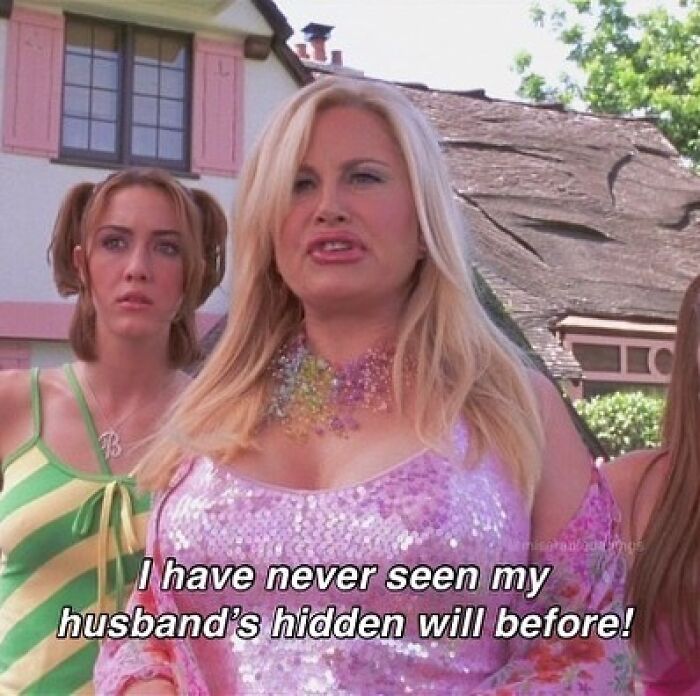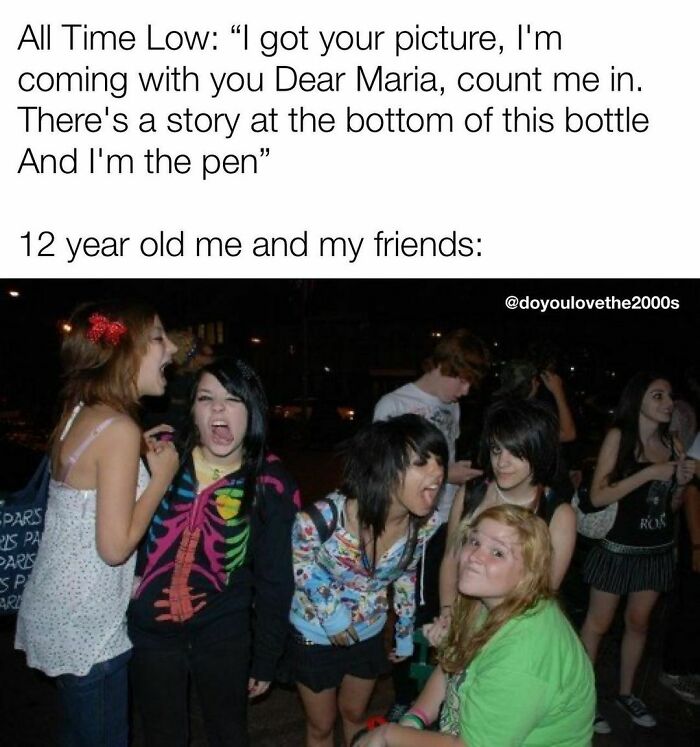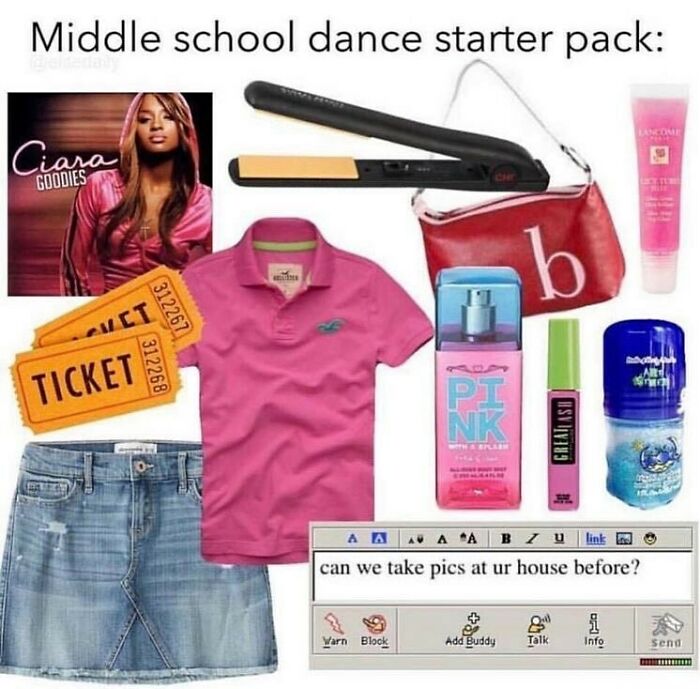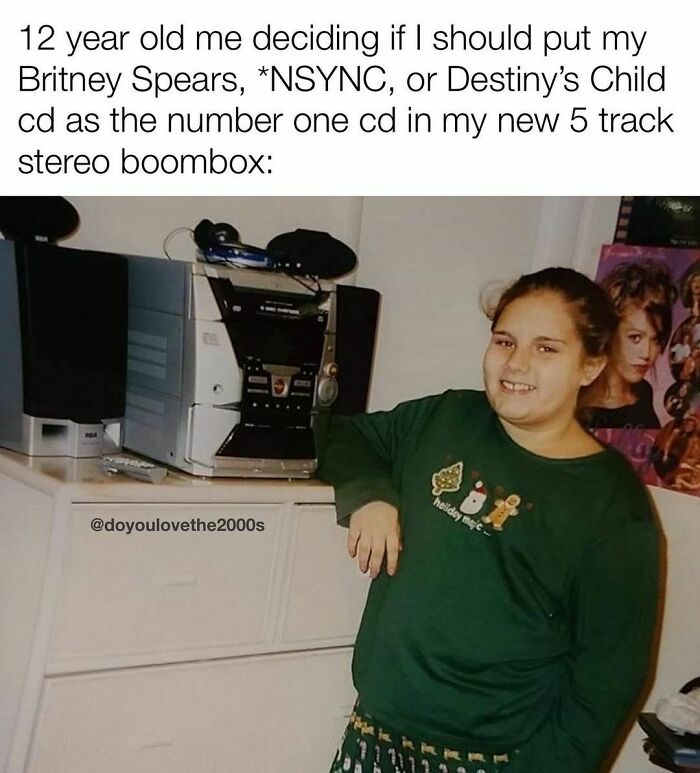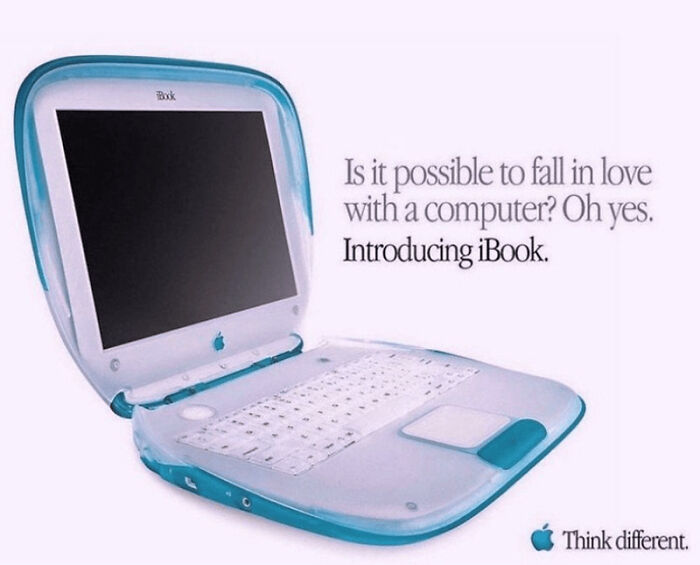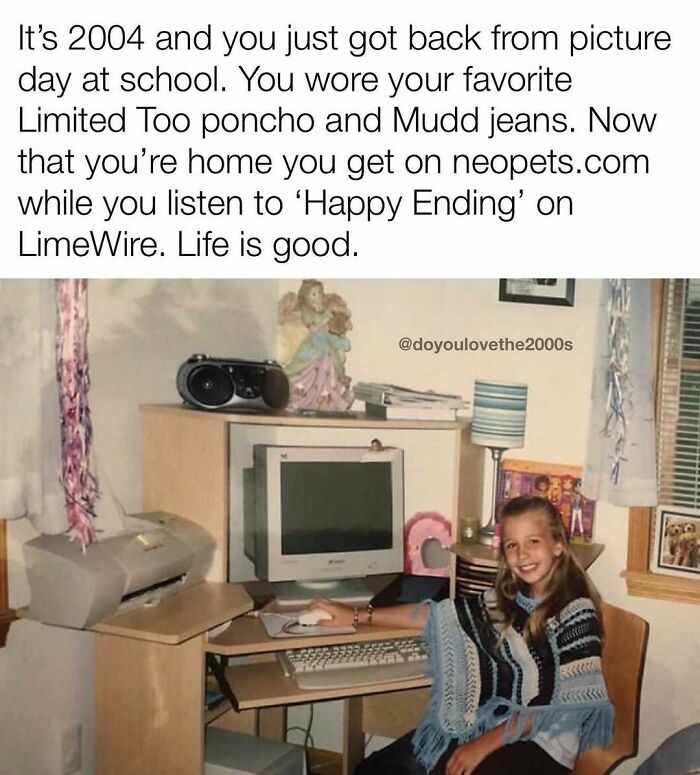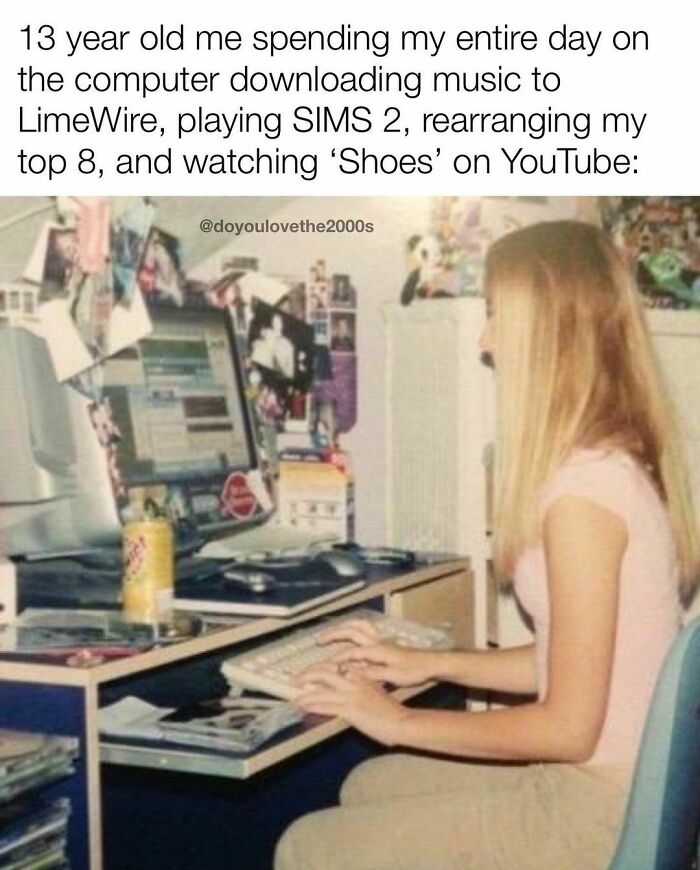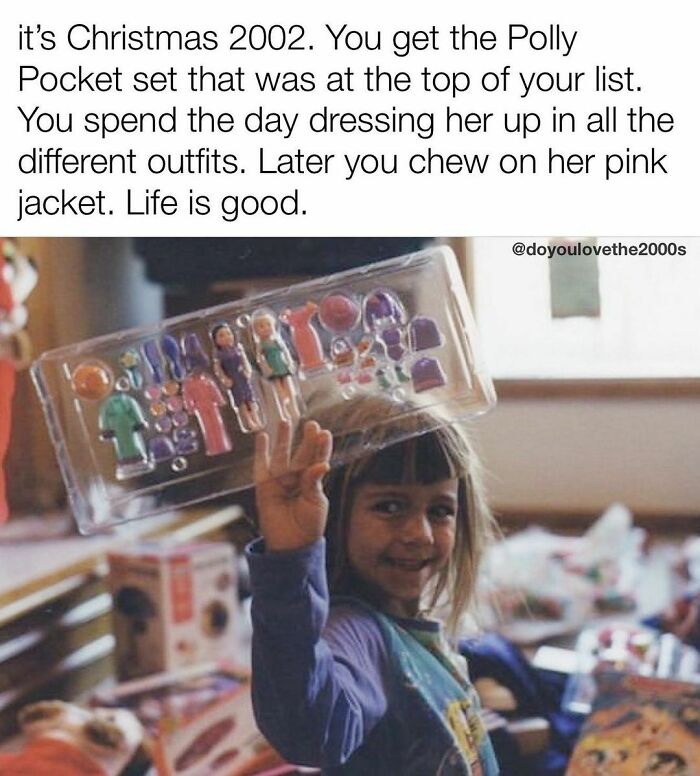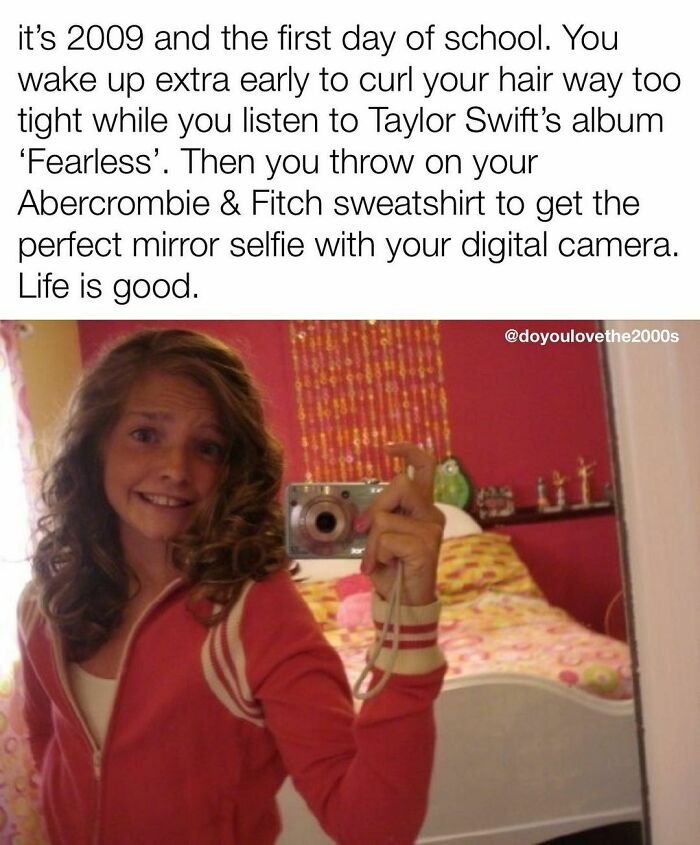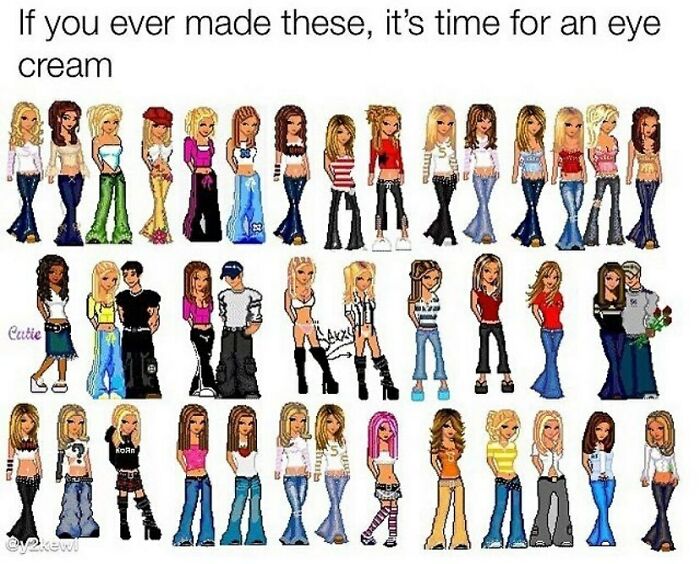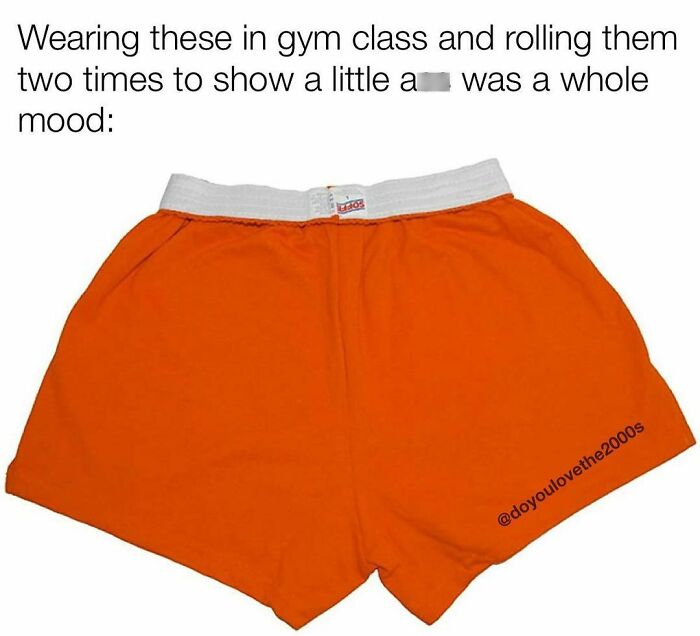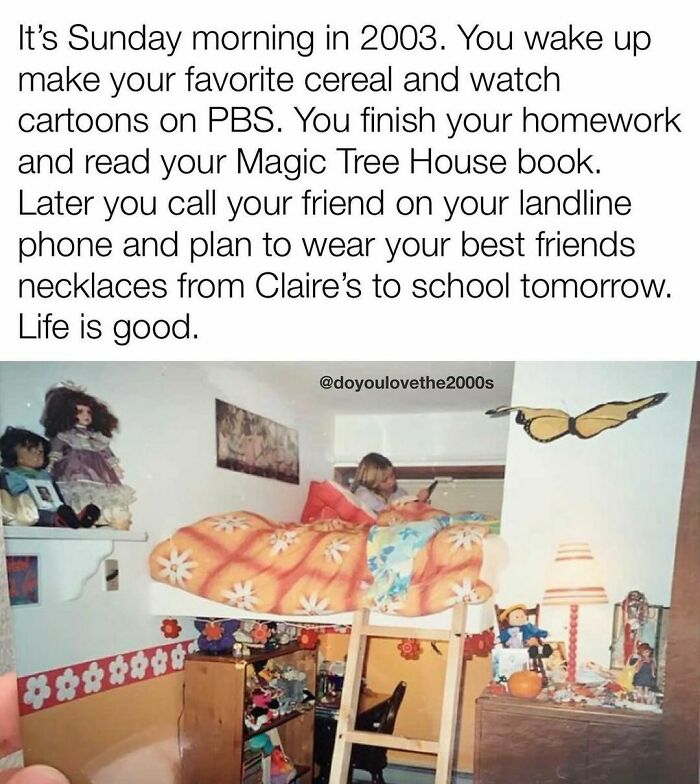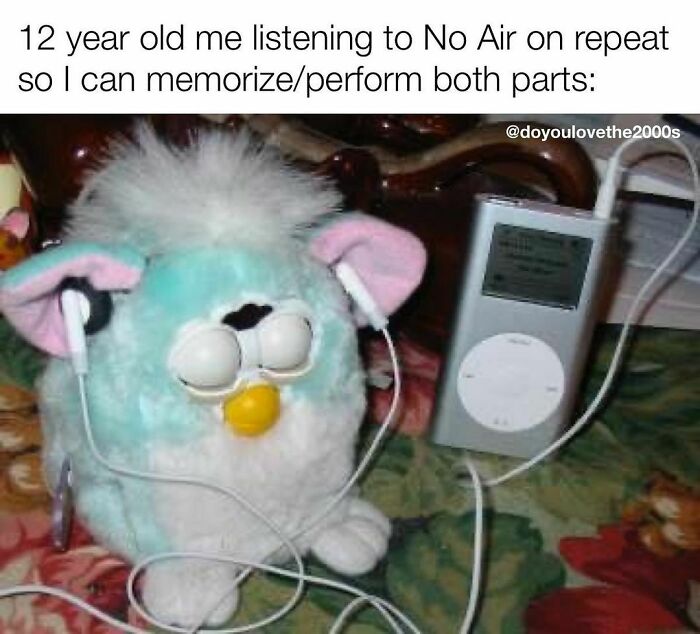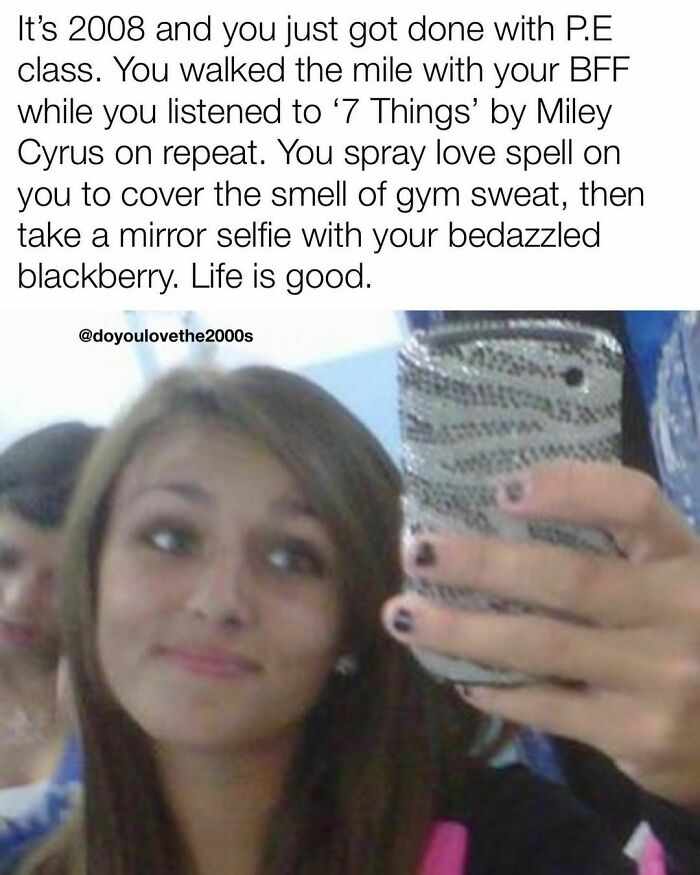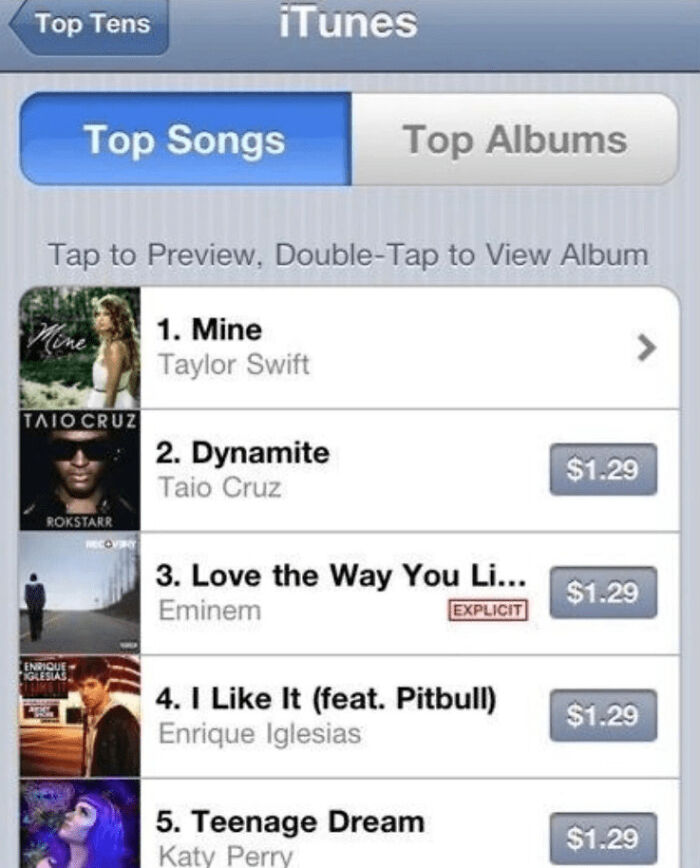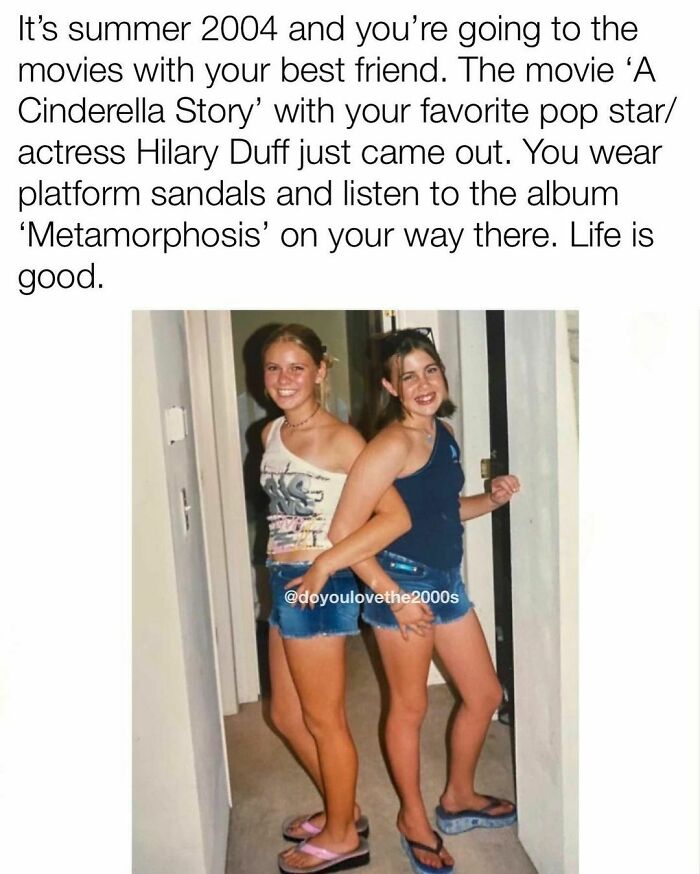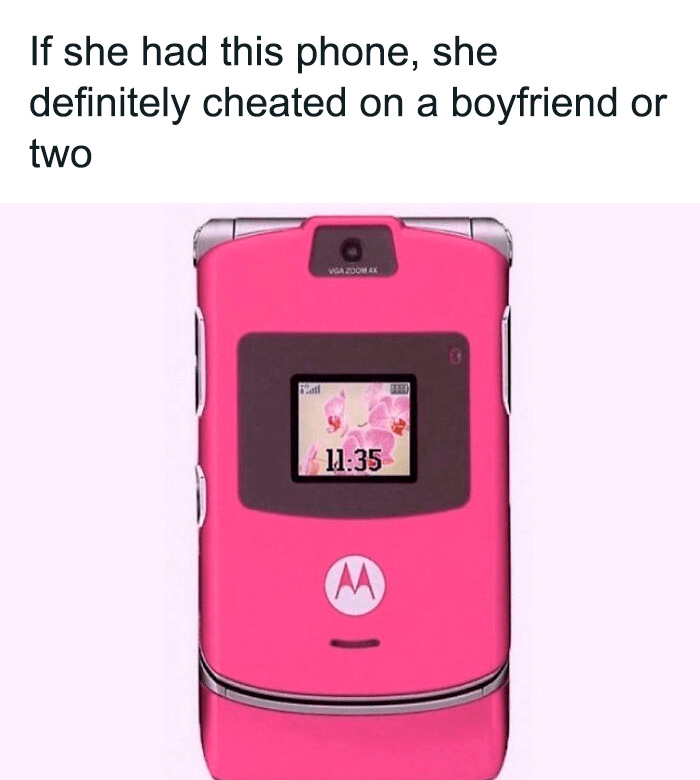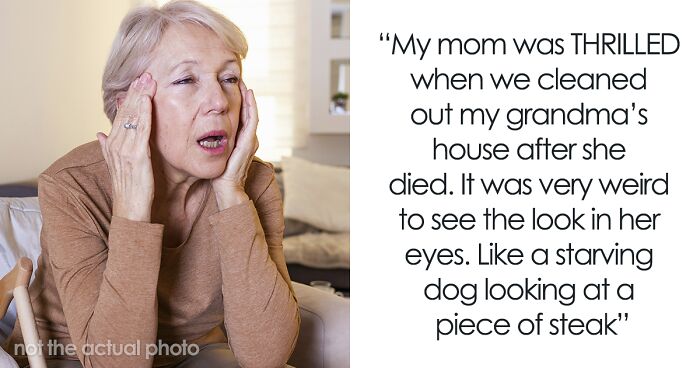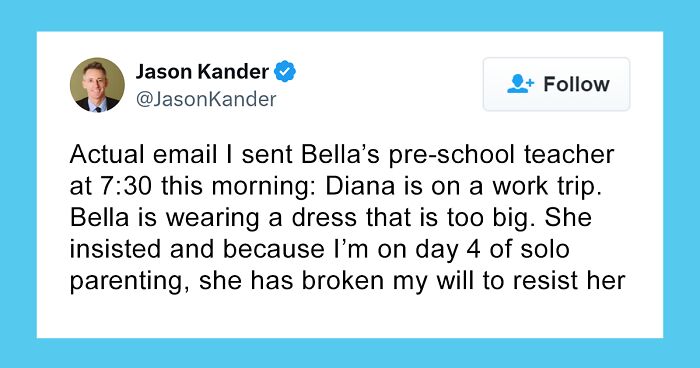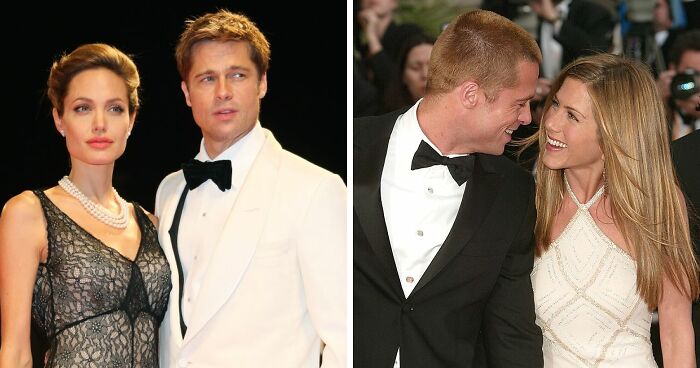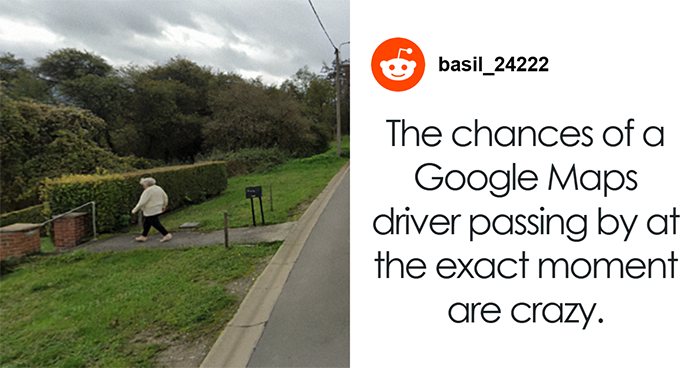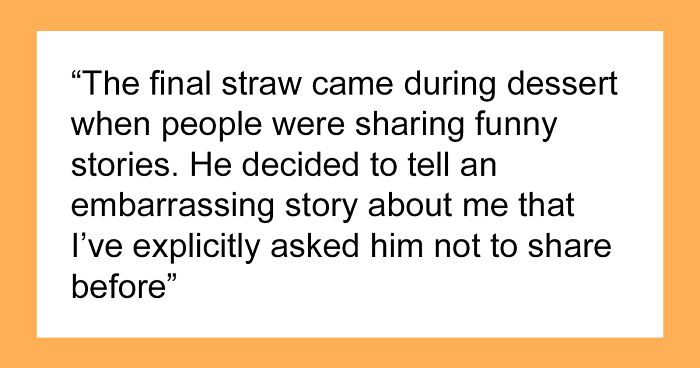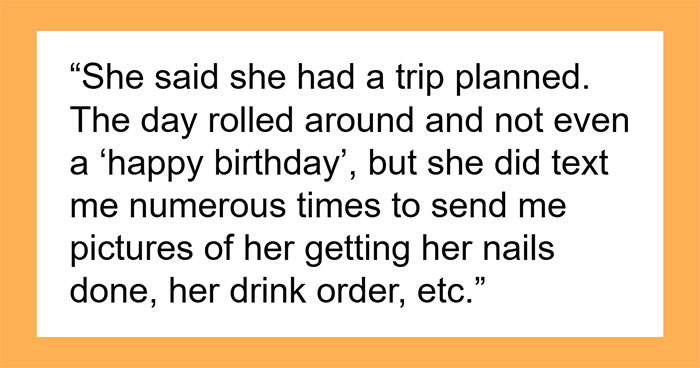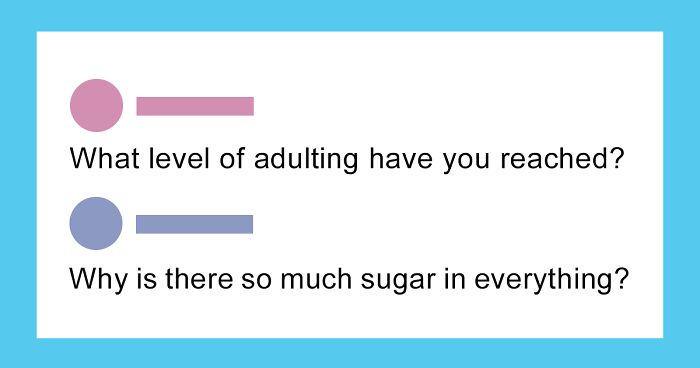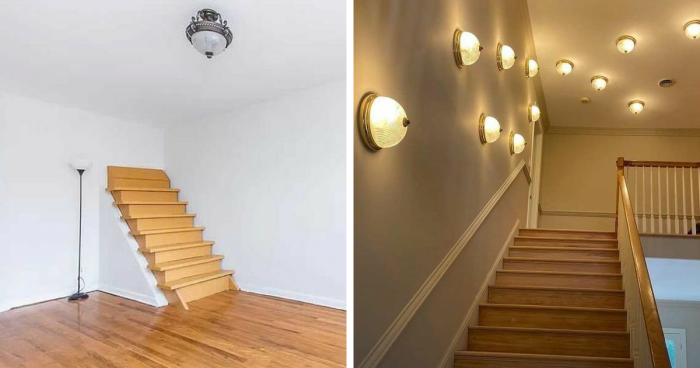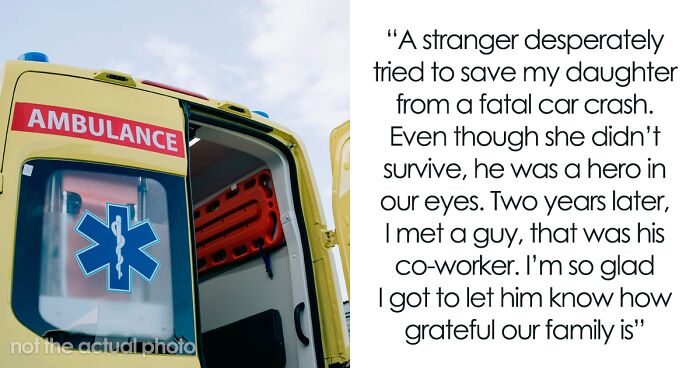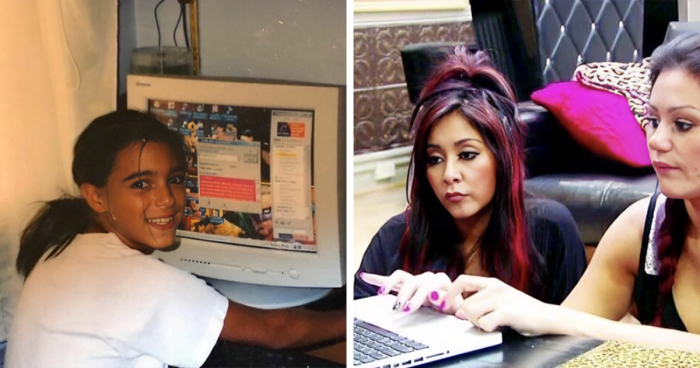
30 Memes Covering The Good, The Bad, And The Ugly Of The 2000s, As Shared On This IG Page
For anyone whose prime years coincided with the introduction of the Ipod or the iconic Motorola Razr and were accompanied by songs of Eminem, Destiny’s Child, Alicia Keys, and other icons, you probably feel quite nostalgic about it all right about now. With two decades having passed, all of the above likely seem like a distant memory, yet so vivid at the same time, you could swear you were dancing to Lose My Breath just yesterday.
Well, while it is not possible to actually turn back time, one can go some years back with the help of nostalgia and boy, do we have triggers prepared to set it off; at least for those feeling nostalgic over all things 2000s. Today, we have put some of the best memes shared by the ‘Do You Love The 2000s’ Instagram account on this list for you to enjoy, so scroll down to find them and see if they can take you back to the wild 2000s.
In order to learn more about the 2000s nostalgia, Bored Panda turned to a professor of literature and linguistics at Mars Hill University, Hal McDonald, Ph.D., and a professor of psychology at Georgia Gwinnett College, David Ludden, who were kind enough to share their insight on the topic; you will find their thoughts in the text below.
This post may include affiliate links.
Many people would likely agree that it’s nearly impossible not to sing along to Britney’s Toxic, a song so iconic, most know the lyrics of… well, the first two and a half lines, at least. It’s similarly close to impossible not to immediately start thinking about Britney’s style—yes, it’s the low rise jeans I’m referring to—and consequently, about 2000s fashion in general.
While some people hate the said low-rise jeans (which seem to be making a comeback, by the way), others view them as tokens from the past, reminding them of the good old days; especially if those were the days of their youth.
OMG I had that exact same player! Same color even!
“Music is one of the most common triggers for nostalgia in adults,” professor of psychology at Georgia Gwinnett College, David Ludden, told Bored Panda. “Generally, people are most nostalgic for the music of their adolescence and early adulthood, probably because they associate that music with the happy days of high school.”
Dr. Ludden added that food is another common trigger for nostalgia. “For example, when people talk about ‘comfort food,’ they're referring to favorite foods from their childhood. And comfort food is very personal. I mean, what you think is comfort food may be very different from me.”
Prof. McDonald pointed out that our youth tends to be the time which generates the most memories, therefore that we typically feel the most nostalgic about. “Psychologists have found that most of the memories of our lives cluster around our adolescence and early adulthood,” he told Bored Panda. “This period has been labeled the ‘reminiscence bump,’ because if the frequency of our autobiographical memories is graphed across our lifetimes those years stand out above the years preceding and following it.”
The expert continued to explain that one of the reasons why the years 10 to 30 produce so many memories is because virtually every experience we have during those years is something new—first kiss, first day of high school, getting our license, going to college, getting married, getting our first job, having our first child, you get the gist—and new experiences are more memorable than the daily routines that characterize the more stable periods of our lives that we settle into in our 30s, 40s and later in life.
Y'all got taken to Claire's? My Mom dared me to pierce my ears myself with some ice cubes and half a potato.
Yeah but good luck breaking it. It came back from trash state to make calls. Served it's purpose well a phone to ring up your buddies!
According to Dr. McDonald, another reason why people tend to feel nostalgic about their early adulthood is the fact that many of the memories we have of those years are associated with strong emotion. That’s when our brains are undergoing rapid neurological development, which causes us to feel strong emotions about nearly every experience we undergo, so they are tagged with emotion from the start, consequently encouraging us to come back to them later in life.
Prof. Ludden seconded the idea that many people are nostalgic for their adolescent years, especially high school. “Compared to the stresses of adult work life and the responsibilities of raising a family, high school is a relatively happy and carefree time for many people.
“You're more mobile, you spend more time with friends than family, you're exploring your identity, you start dating, and so on. But, of course, this isn't an absolute, and different people can feel nostalgia for different times in their life,” he suggested.
How one simple word from a crush can change your day (for better or worse, depending on the word)
She looks like a more interesting person than the rest, though. I'd rather talk to her.
When discussing collective nostalgia, Hal McDonald emphasized that it, too, relates to the phenomenon of forming the majority of our autobiographical memories between the ages of 10 to 30. “It's when we move out of those decades, into the more stable periods of our adult years, that we begin to feel nostalgia for that earlier period,” he said.
“There's about a 20-year gap between the beginning of the nostalgia bump—our adolescence—and the years we start feeling nostalgic for that time period, so that accounts for the current cultural wave of nostalgia for the 2000s; as it does for the cultural nostalgia for the 1990's we went through during the 2010s, and the cultural nostalgia we felt for the 1980s in the early 2000s, and so on.”
“There's also an economic aspect to the phenomenon,” McDonald added. “Since people emerging from their 20s into their 30s are starting to play a major role in the economy, nostalgia marketing tends to be directed at that demographic, which right now means that a lot of nostalgia marketing is based on the 2000s.”
Prof. David Ludden also pointed out that nostalgia researchers often talk about a phenomenon called collective nostalgia. “This isn't a fond remembrance of past events in your own life. Rather, it is a nostalgia for some time in the past that was the ‘good old days’ for a society,” he explained.
“For instance, many Americans think of the 1950s as the ‘Happy Days.’ Even though most Americans alive today weren't even born then, we all know that that was supposedly a happy time for Americans. This is because we tell stories about the ‘good old days’ and the media can reinforce this kind of collective nostalgia. There was even a popular TV show called Happy Days that aired in the 1970s, and it was all about the ‘good old days’ of the 1950s.”
Never understood why anyone would want to walk around with an unhygienic wedgie all day ! And it’s not for avoiding the VPL, a pair of well fitting knickers does the job.
People seem to be nostalgic not only about the clothes they used to wear or the squeaky-ringtone phones they used to carry around back in the day, but about such things as popular TV shows, too. But why do we feel nostalgic for things in the past we didn’t experience firsthand?
“There’s actually a word for that phenomenon. In his 2012 project Dictionary of Obscure Sorrow, American writer John Koenig coined the term ‘anemoia,’ which he defines as ‘Nostalgia for a time or place one has never known’,” Prof. McDonald pointed out.
“Psychologists have researched the feeling and some think it has to do with the fact that autobiographical memory is ‘constructive’ rather than ‘reproductive.’ When we retrieve a memory from the past, our brains don’t just replay it like a video, but construct a simulation of the experience out of fragments of sensory memory, in the same way we construct simulations of future experiences we might have, but haven’t had yet.
“Since nostalgia is a feeling of yearning for the past, that feeling can be attached to a simulated memory of a past moment we never actually experienced in much the same way it can be attached to a simulated memory of a past moment we did experience,” the professor explained.
One of the reasons why nostalgia makes us yearn for the past is the fact that we tend to turn back to the good old days for comfort, especially when things get tough. “One of the most common general triggers of nostalgia in adults is dysphoria, or a negative emotional state such as loneliness, sadness, or boredom,” Hal McDonald explained, adding that such negative states can make us feel nostalgic, and feeling nostalgic can lift our spirits; so nostalgia can act as a source of emotion regulation in difficult times.
“That is why the early weeks and months of COVID spawned a tsunami of old TV shows, movies, and music; people reached for nostalgia to alleviate the loneliness, fear, and boredom they felt during lockdown,” he pointed out.
Even though it’s typically the negative emotional states that trigger nostalgia, we don’t always have to feel bad to experience it. “Any sensory stimulus that has some connection with our past can trigger a memory, whether we’re in a good mood or a bad mood,” McDonald suggested, “and because of a phenomenon called the ‘positivity bias,’ we tend to edit out many of the negative aspects of our past, so the memories triggered by a random encounter with some smell, taste, or sound in our environment are very likely positive ones.”
And I didn't get a phone in my own room until I was 16. Probably a good thing, based on all that happened later!
Wish I would've known this during covid times instead of singing the happy birthday song.
Be it the negative emotions related to the comeback of the low-rise jeans or the joy of dancing to Lose My Breath again that trigger nostalgia, many would likely agree that going down memory lane and reminiscing about the good old days can be quite comforting.
And if it’s the 2000s that you find to be the most comforting time, feel free to continue your time travels by browsing these nostalgic pics and memes about the 2000s today’s kids will probably never understand or checking to see if you remember any of these cartoons that raised the kids from the 2000s.
No, old is when you thought the ‘00’s low rise jeans were a little risky.
Load More Replies...God I miss movie rental stores. On Fridays when dad comes home from work, he'd take me and my older sister to our local rental store (Blockbuster was already shut down then) and we'd go upstairs to the foreign section and rent a few Studio Ghibli movies. All was well back then.
No, old is when you thought the ‘00’s low rise jeans were a little risky.
Load More Replies...God I miss movie rental stores. On Fridays when dad comes home from work, he'd take me and my older sister to our local rental store (Blockbuster was already shut down then) and we'd go upstairs to the foreign section and rent a few Studio Ghibli movies. All was well back then.

 Dark Mode
Dark Mode 

 No fees, cancel anytime
No fees, cancel anytime 


